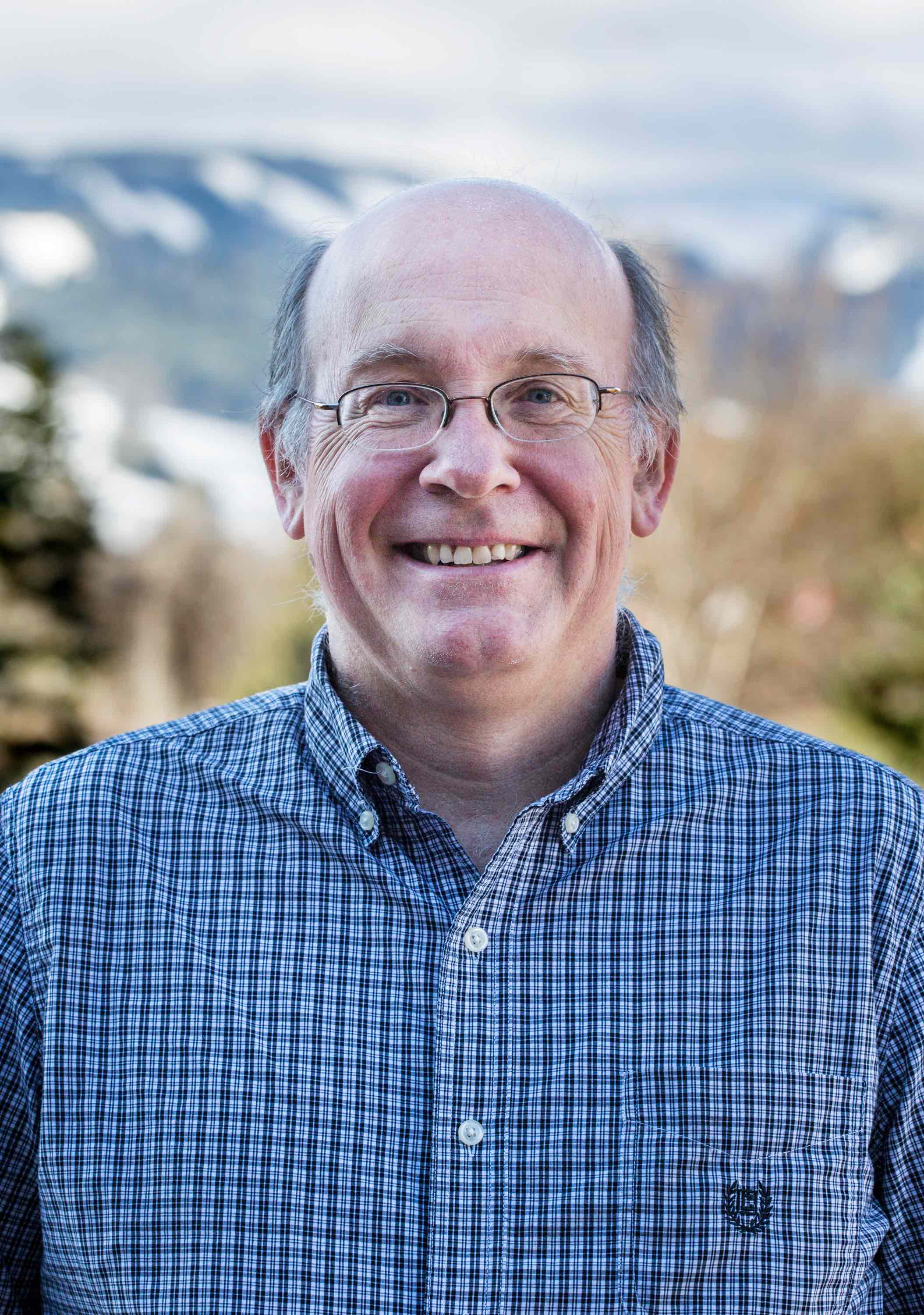
University of Colorado Distinguished Professor
A. Richard Seebass Endowed Chair
Celestial and Spaceflight Mechanics Laboratory Head
Daniel J. Scheeres is a University of Colorado Distinguished Professor and the A. Richard Seebass Chair in the Ann and H.J. Smead Aerospace Engineering Sciences Department at the University of Colorado Boulder. He was awarded PhD. (1992), M.S.E. (1988) and B.S.E (1987) degrees in Aerospace Engineering from the University of Michigan, and holds a B.S. in Letters and Engineering from Calvin College (1985). Following a 5 year tenure at the Jet Propulsion Lab's Navigation Systems Section (1992-1997) and professorships at Iowa State University (1997-1999) and the University of Michigan (1999-2008), Scheeres joined the University of Colorado in 2008 as the inaugural holder of the Seebass Chair, and formed the Celestial and Spaceflight Mechanics Laboratory there. Scheeres has graduated over 45 PhD students in his career who now hold positions in academia, US and international research labs, and industry.
Scheeres is a member of the National Academy of Engineering (class of 2017), a member of the International Academy of Astronautics (class of 2021), a Fellow in the American Institute of Aeronautics and Astronautics (2014), a Fellow in the American Astronautical Society (2008), and president of the Celestial Mechanics Institute. He was awarded the Dirk Brouwer Award from the American Astronautical Society (2013) and gave the John Breakwell Lecture at the 2011 International Astronautical Congress. Asteroid 8887 is named “Scheeres” in recognition of his contributions to the scientific understanding of the dynamical environment about asteroids.
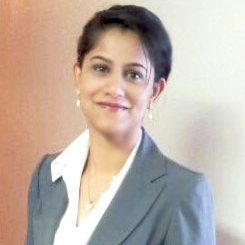
Department of Aerospace Engineering Sciences, University of Colorado
Divinaa's research involves astrodynamics, aerogravity assists, aerocapture and mission design . She is a tri-citizen having lived in India, Canada and USA. Her hobbies include competitive ballroom dancing, swimming, baking and arts. Divinaa is currently works as an engineer in the Deep Space Exploration division of Lockheed Martin Space.
Divinaa's research involves astrodynamics, aerogravity assists, aerocapture and mission design . She is a tri-citizen having lived in India, Canada and USA. Her hobbies include competitive ballroom dancing, swimming, baking and arts. Divinaa is currently works as an engineer in the Deep Space Exploration division of Lockheed Martin Space.
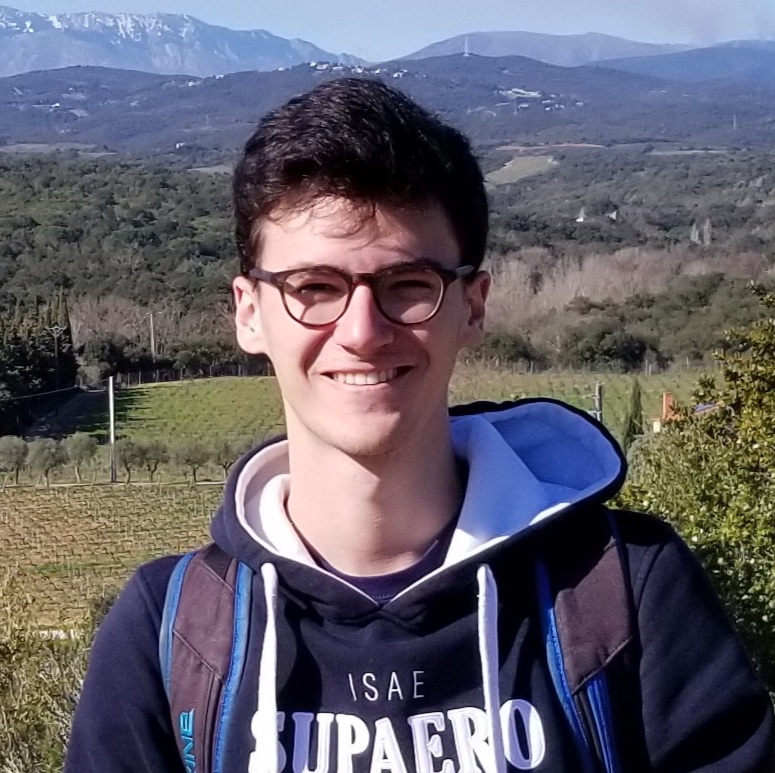
Department of Aerospace Engineering Sciences, University of Colorado
Originally from Lyon, in France, Adrien holds a M.S. in Aerospace Engineering from ISAE-SUPAERO, in Toulouse, and is joining the CSML for PhD studies in Fall 2022. Adrien's research interests and experience include trajectory optimization, three-body problem and cislunar space. In his free time, he enjoys baking and playing boardgames, as well as skiing and hiking.
Originally from Lyon, in France, Adrien holds a M.S. in Aerospace Engineering from ISAE-SUPAERO, in Toulouse, and is joining the CSML for PhD studies in Fall 2022. Adrien's research interests and experience include trajectory optimization, three-body problem and cislunar space. In his free time, he enjoys baking and playing boardgames, as well as skiing and hiking.
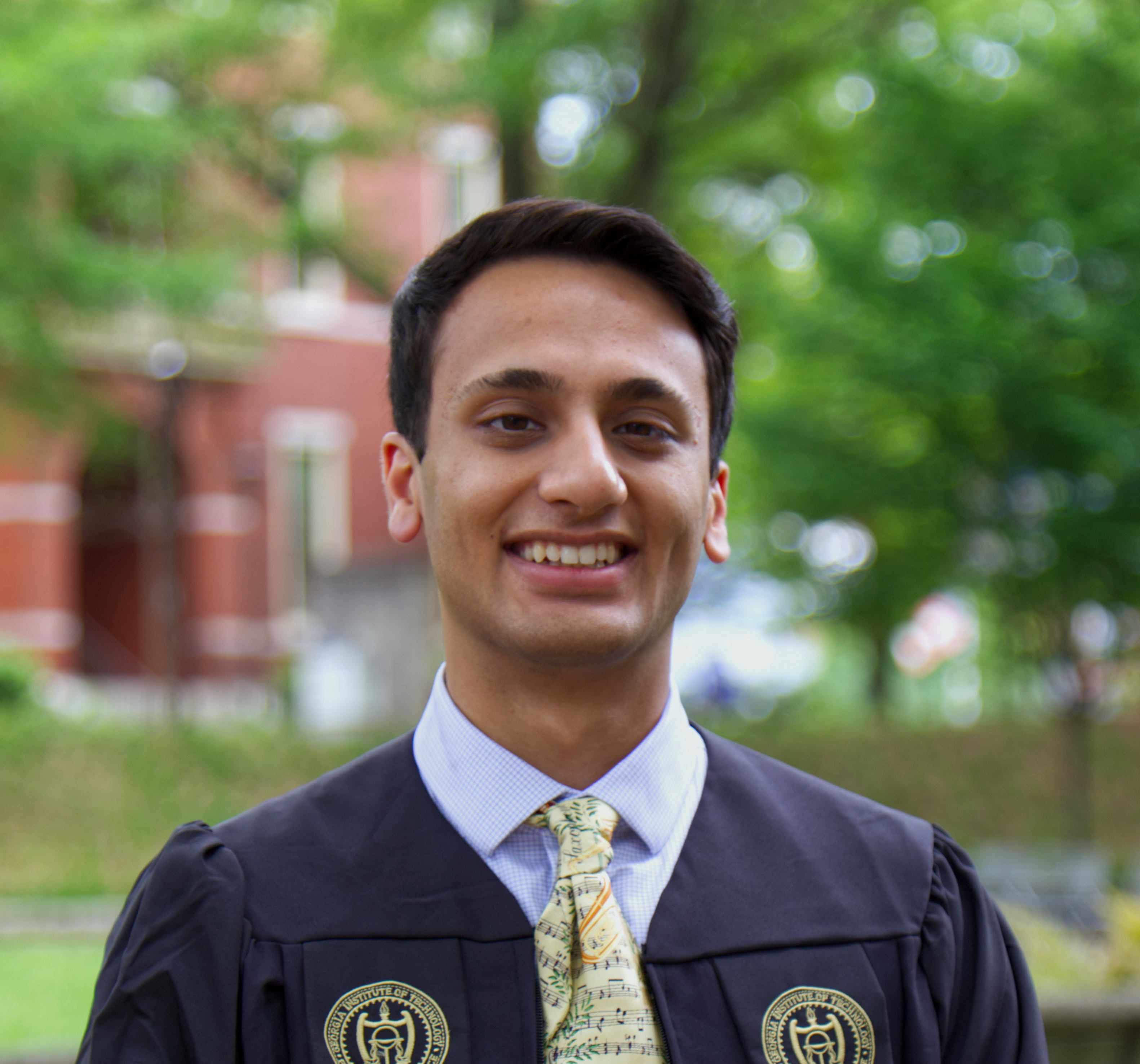
Department of Aerospace Engineering Sciences, University of Colorado
Ashish is a first-year graduate student from the suburbs of Philadelphia, PA, who joined CSML in 2024 after completing a Bachelor's degree in Aerospace Engineering from the Georgia Institute of Technology. His research interests focus on the mechanics associated with asteroids and missions to asteroids, and he is currently working on modeling the gravity field and internal structure of rubble pile asteroids. Ashish enjoys hiking, reading, singing, and golfing. He plans to learn how to ski and hopes to one day make use of his motorcycle license.
Ashish is a first-year graduate student from the suburbs of Philadelphia, PA, who joined CSML in 2024 after completing a Bachelor's degree in Aerospace Engineering from the Georgia Institute of Technology. His research interests focus on the mechanics associated with asteroids and missions to asteroids, and he is currently working on modeling the gravity field and internal structure of rubble pile asteroids. Ashish enjoys hiking, reading, singing, and golfing. He plans to learn how to ski and hopes to one day make use of his motorcycle license.
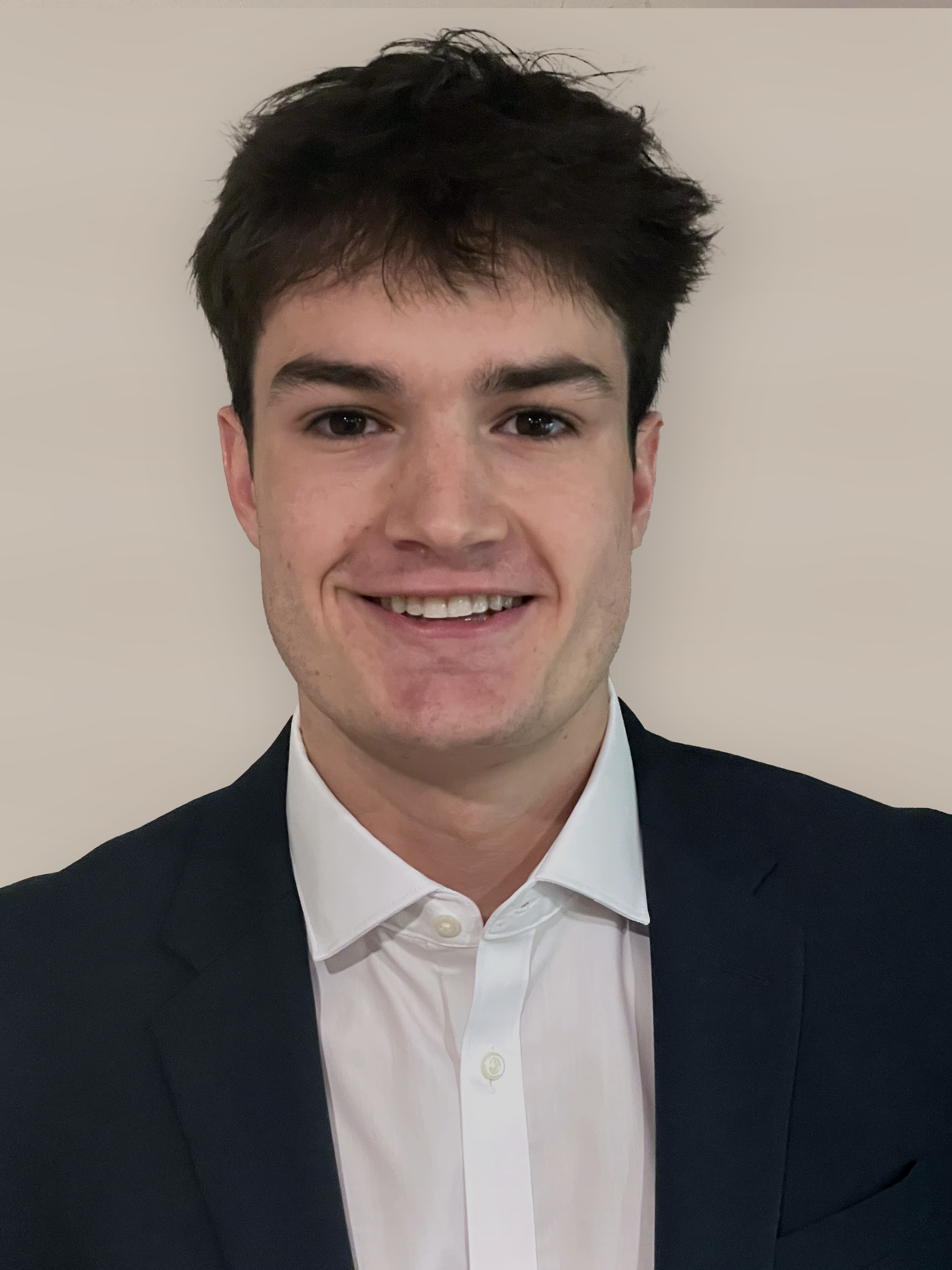
Department of Aerospace Engineering Sciences, University of Colorado
Ethan is a PhD student from Centreville, Virginia. He holds a BS and MS in Aerospace Engineering from Virginia Tech. His research interests involve leveraging natural dynamical structures for mission design in highly perturbed environments. Outside of research, he loves skiing and other outdoor activities.
Ethan is a PhD student from Centreville, Virginia. He holds a BS and MS in Aerospace Engineering from Virginia Tech. His research interests involve leveraging natural dynamical structures for mission design in highly perturbed environments. Outside of research, he loves skiing and other outdoor activities.
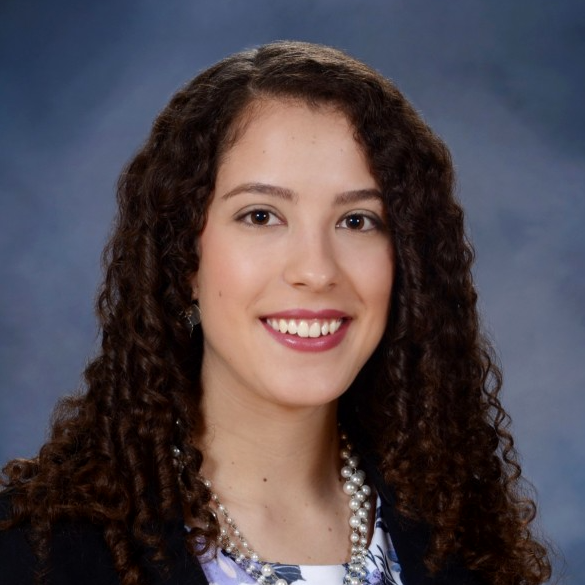
Department of Aerospace Engineering Sciences, University of Colorado
Eva is from Kailua, Hawaii. She completed her undergraduate degree in aerospace engineering with honors at The Pennsylvania State University. Her research interests include astrodynamics, trajectory optimization, and mission design. In her free time, she enjoys scuba diving, traveling, hiking, and is learning how to fly fish.
Eva is from Kailua, Hawaii. She completed her undergraduate degree in aerospace engineering with honors at The Pennsylvania State University. Her research interests include astrodynamics, trajectory optimization, and mission design. In her free time, she enjoys scuba diving, traveling, hiking, and is learning how to fly fish.
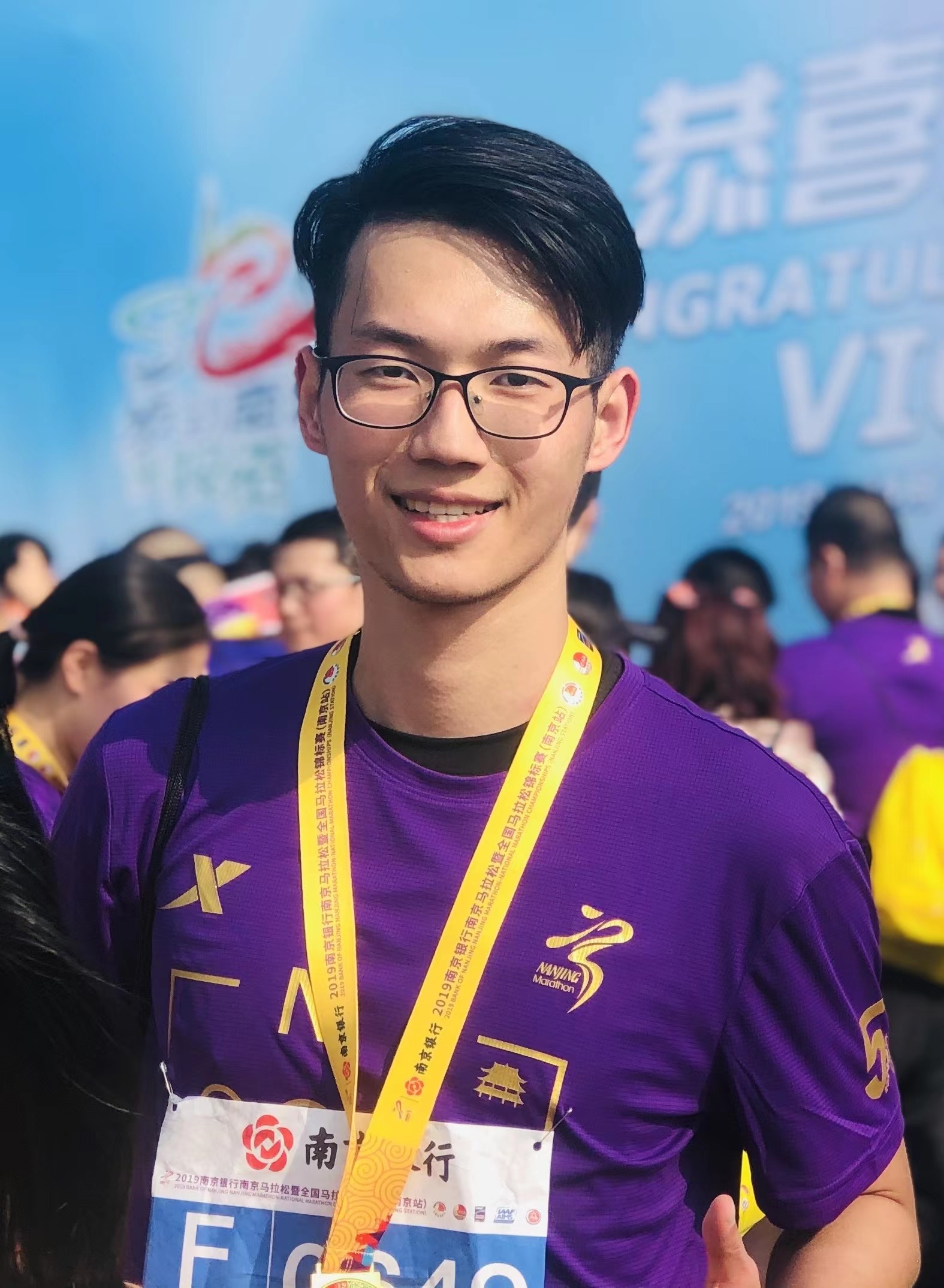
Department of Aerospace Engineering Sciences, University of Colorado
Haishuo is from Sichuan, China. He holds a M.S. in Astrodynamics from Nanjing University, Nanjing. After joining CSML in 2022 fall, his research will focus on asteroid exploration and dynamics. In his free time, he enjoys outdoor activities like hiking, biking, etc, and is learning baking.
Haishuo is from Sichuan, China. He holds a M.S. in Astrodynamics from Nanjing University, Nanjing. After joining CSML in 2022 fall, his research will focus on asteroid exploration and dynamics. In his free time, he enjoys outdoor activities like hiking, biking, etc, and is learning baking.
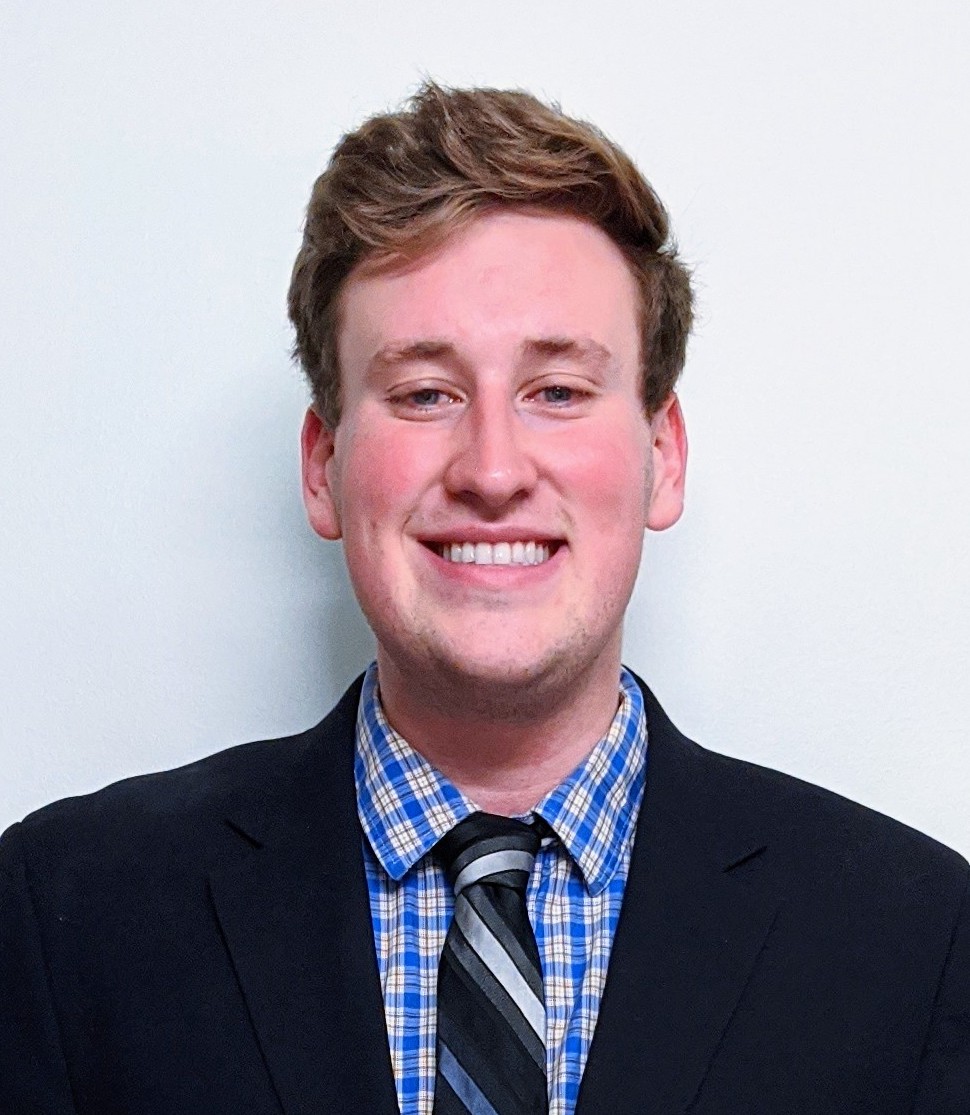
Department of Aerospace Engineering Sciences, University of Colorado
Jordan is a PhD student from Schaumburg, Illinois and is supported by a NASA Space Technology Research fellowship. He has a B.S. in Aerospace Engineering with minors in Mathematics and Computer Science from University of Illinois and has an M.S. in Aerospace Engineering from University of Colorado. He past work experiences include time spent at SpaceX, NASA JPL, Lawrence Livermore, and CU Aerospace. His research interests occur at the intersection of High-Performance Computing, Machine Learning, and Optimization with applications to Dynamical Modelling.
Jordan is a PhD student from Schaumburg, Illinois and is supported by a NASA Space Technology Research fellowship. He has a B.S. in Aerospace Engineering with minors in Mathematics and Computer Science from University of Illinois and has an M.S. in Aerospace Engineering from University of Colorado. He past work experiences include time spent at SpaceX, NASA JPL, Lawrence Livermore, and CU Aerospace. His research interests occur at the intersection of High-Performance Computing, Machine Learning, and Optimization with applications to Dynamical Modelling.
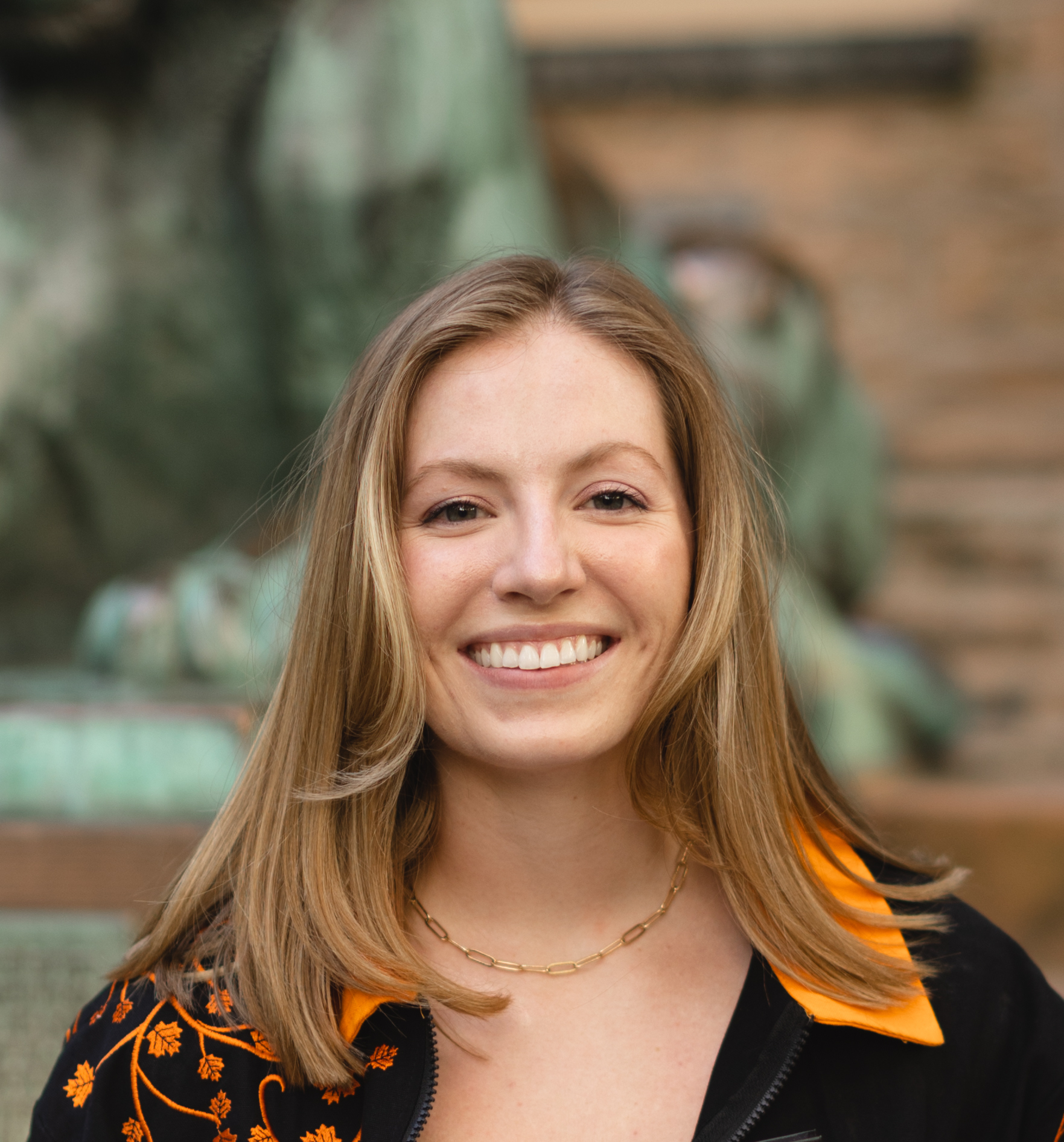
Department of Aerospace Engineering Sciences, University of Colorado
Kristen is an NSTGRO Fellow and Draper Scholar from Dayton, OH. She holds a BSE with honors in Mechanical and Aerospace Engineering from Princeton University. Kristen's current research focuses on stochastic spacecraft guidance and control. Outside of research, she enjoys baking, hiking, and snowboarding.
Kristen is an NSTGRO Fellow and Draper Scholar from Dayton, OH. She holds a BSE with honors in Mechanical and Aerospace Engineering from Princeton University. Kristen's current research focuses on stochastic spacecraft guidance and control. Outside of research, she enjoys baking, hiking, and snowboarding.
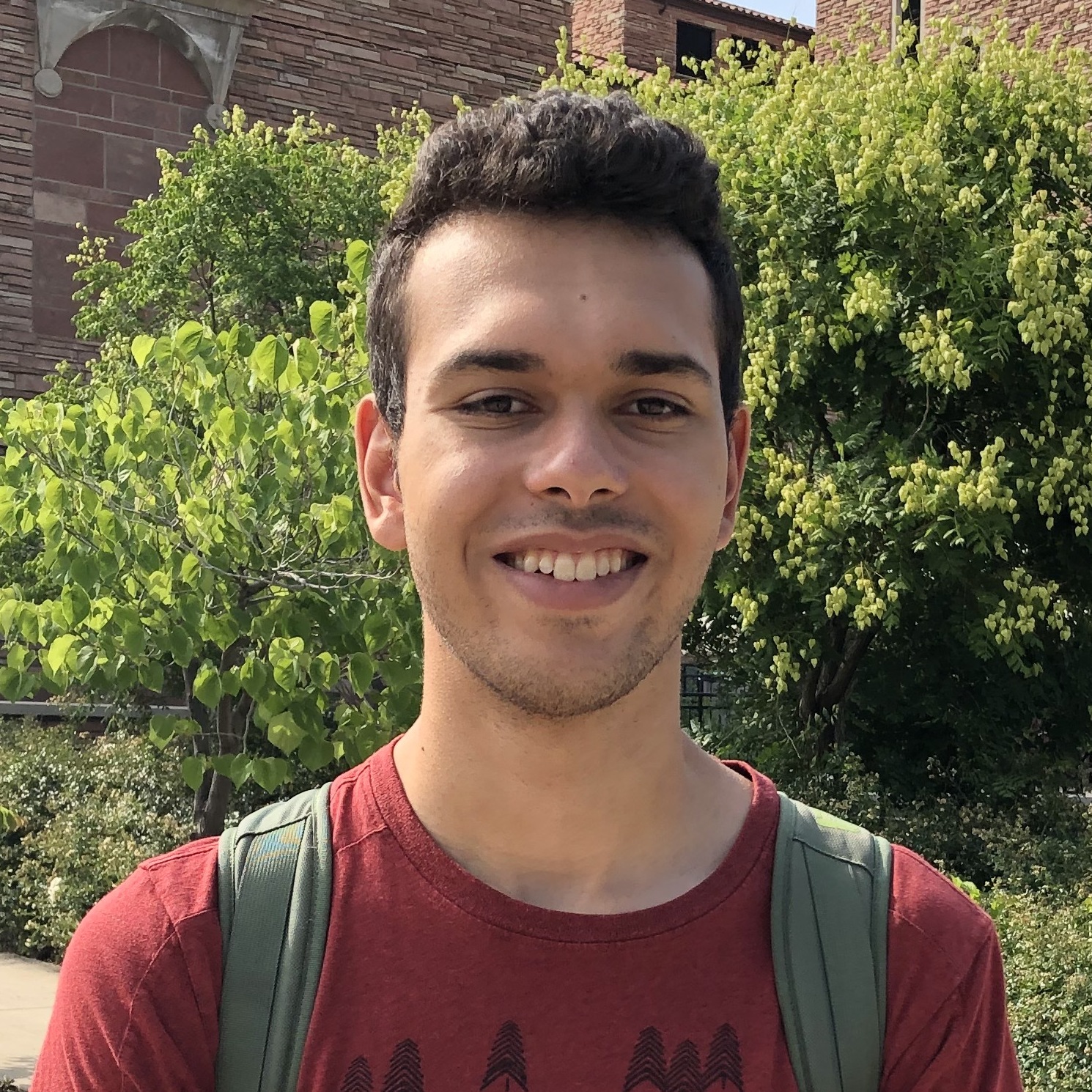
Department of Aerospace Engineering Sciences, University of Colorado
Oliver is from Edmonton, Alberta, Canada where he graduated from the University of Alberta with a BSc in astrophysics. After joining CSML in 2022, Oliver’s research involves orbit uncertainty evolution in non-Hamiltonian systems, particularly under atmospheric drag, and nonlinear spacecraft state propagation techniques. Oliver hopes his work can be applied to Space Situational Awareness (SSA) and help mitigate the orbital debris problem. Outside of research, Oliver enjoys comic books, superhero movies, sci-fi shows, and video games.
Oliver is from Edmonton, Alberta, Canada where he graduated from the University of Alberta with a BSc in astrophysics. After joining CSML in 2022, Oliver’s research involves orbit uncertainty evolution in non-Hamiltonian systems, particularly under atmospheric drag, and nonlinear spacecraft state propagation techniques. Oliver hopes his work can be applied to Space Situational Awareness (SSA) and help mitigate the orbital debris problem. Outside of research, Oliver enjoys comic books, superhero movies, sci-fi shows, and video games.
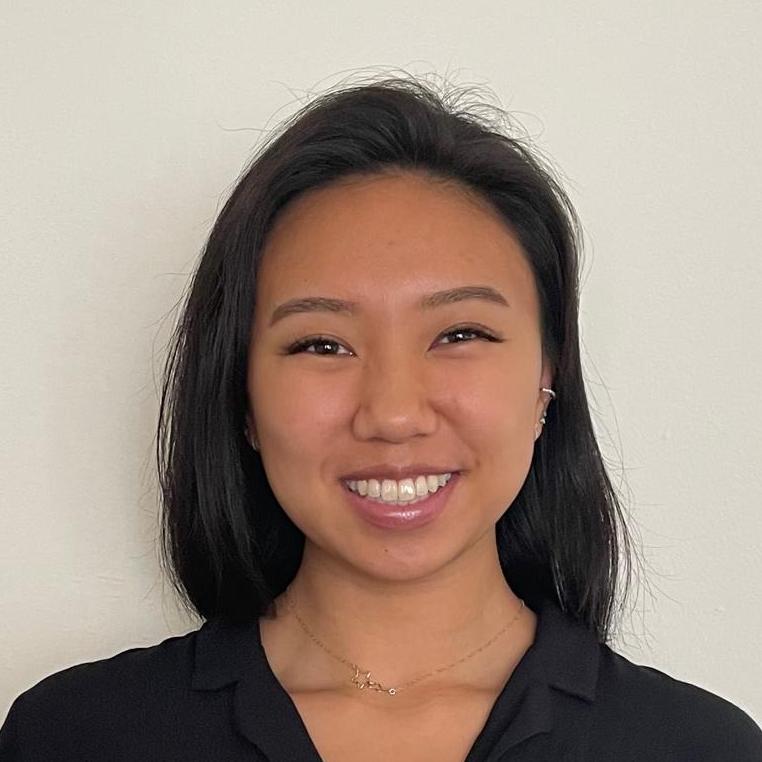
Department of Aerospace Engineering Sciences, University of Colorado
Queenique graduated with her bachelor’s and master’s degree in astronautical engineering from the University of Southern California. Her research interests lie in the applications of optimization and optimal control methods to Space Domain Awareness in the cislunar region. In her free time, she enjoys ballroom and social dancing.
Queenique graduated with her bachelor’s and master’s degree in astronautical engineering from the University of Southern California. Her research interests lie in the applications of optimization and optimal control methods to Space Domain Awareness in the cislunar region. In her free time, she enjoys ballroom and social dancing.
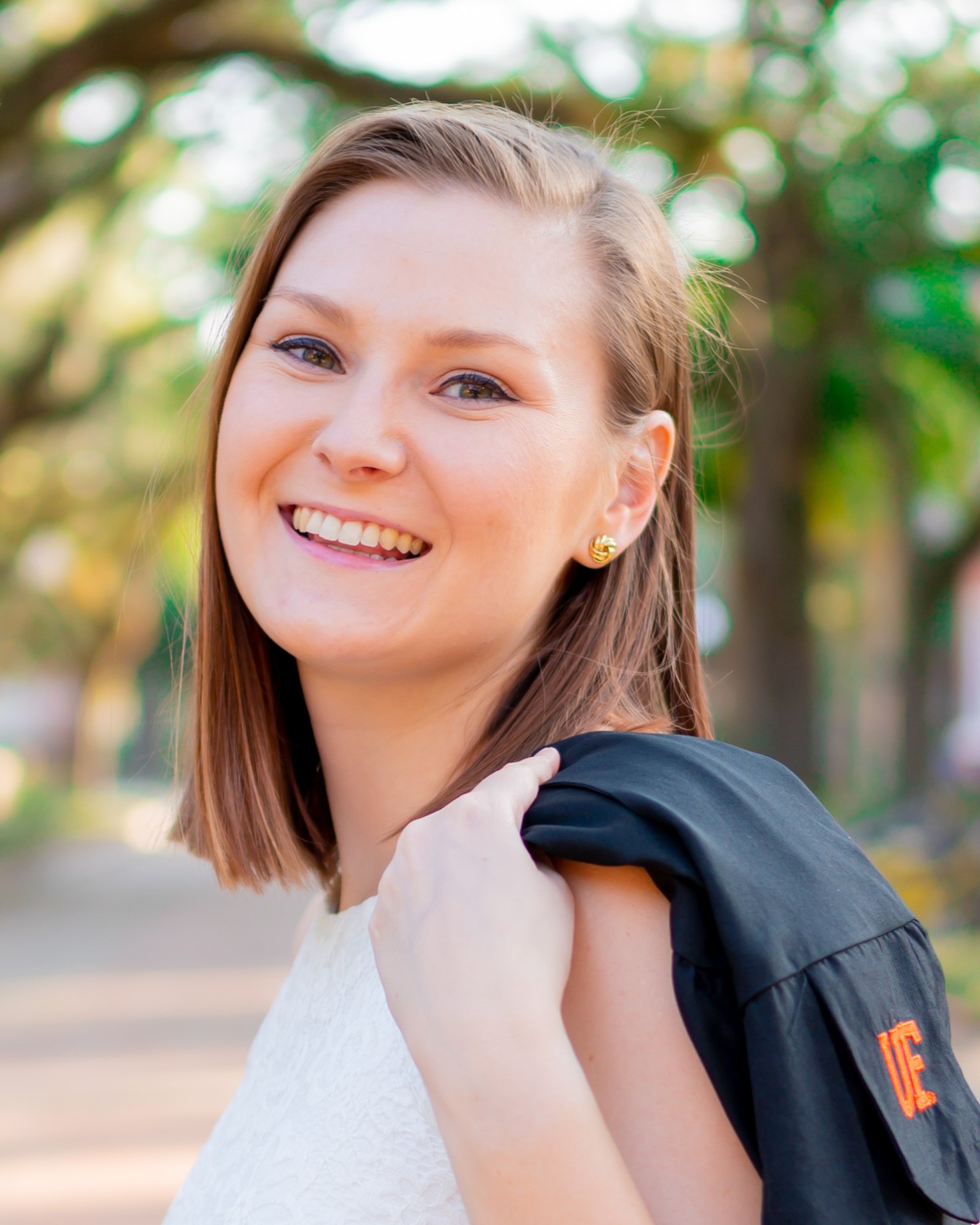
Department of Aerospace Engineering Sciences, University of Colorado
Robyn is from Sarasota, Florida and is supported by a NASA Space Technology Graduate Research Opportunity. She is also a NSF Graduate Research Fellow. She holds a bachelor's degree in mechanical engineering from the University of Florida and a master’s degree in aerospace engineering sciences from CU Boulder. Her research interests include trajectory optimization and stochastic control applied to the missed thrust problem. In her free time she enjoys running, camping, and baking.
Robyn is from Sarasota, Florida and is supported by a NASA Space Technology Graduate Research Opportunity. She is also a NSF Graduate Research Fellow. She holds a bachelor's degree in mechanical engineering from the University of Florida and a master’s degree in aerospace engineering sciences from CU Boulder. Her research interests include trajectory optimization and stochastic control applied to the missed thrust problem. In her free time she enjoys running, camping, and baking.
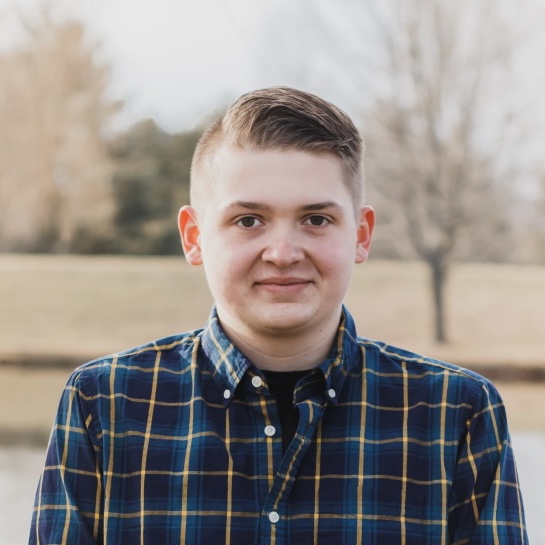
Department of Aerospace Engineering Sciences, University of Colorado
Ryan is a Ph.D. student from Gettysburg, Pennsylvania. He graduated Summa Cum Laude from the Pennsylvania State University, earning a B.S. in Aerospace Engineering. His research interests include Computational Astrodynamics and Guidance, Navigation, and Control of Spacecraft. In his free time, he enjoys hiking, biking, traveling, and learning to climb.
Ryan is a Ph.D. student from Gettysburg, Pennsylvania. He graduated Summa Cum Laude from the Pennsylvania State University, earning a B.S. in Aerospace Engineering. His research interests include Computational Astrodynamics and Guidance, Navigation, and Control of Spacecraft. In his free time, he enjoys hiking, biking, traveling, and learning to climb.
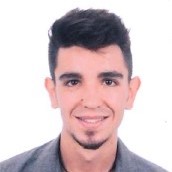
Department of Aerospace Engineering Sciences, University of Colorado
Sergio Coll Ibars is a PhD student at the University of Colorado Boulder supported by the Balsells Scholarship, UPC. Degree and Master in Aeronautical Engineering from the Polytechnic University of Catalonia (UPC) with previous experience in the GNSS sector in the company GMV. His research interests include mission design and trajectory optimisation.
Sergio Coll Ibars is a PhD student at the University of Colorado Boulder supported by the Balsells Scholarship, UPC. Degree and Master in Aeronautical Engineering from the Polytechnic University of Catalonia (UPC) with previous experience in the GNSS sector in the company GMV. His research interests include mission design and trajectory optimisation.
Department of Aerospace Engineering Sciences, University of Colorado
Tommy is a first year graduate student from Hinsdale, IL and holds a B.S. in theoretical physics from Caltech. He is joining CSML in 2024 as a Ph.D./M.S. student and hopes to work in mission design and trajectory optimization. Before CU, Tommy worked on projects in quantum information, materials science, astrophysics, and machine learning. In his free time, he is an avid golfer, pilot and reader.
Tommy is a first year graduate student from Hinsdale, IL and holds a B.S. in theoretical physics from Caltech. He is joining CSML in 2024 as a Ph.D./M.S. student and hopes to work in mission design and trajectory optimization. Before CU, Tommy worked on projects in quantum information, materials science, astrophysics, and machine learning. In his free time, he is an avid golfer, pilot and reader.
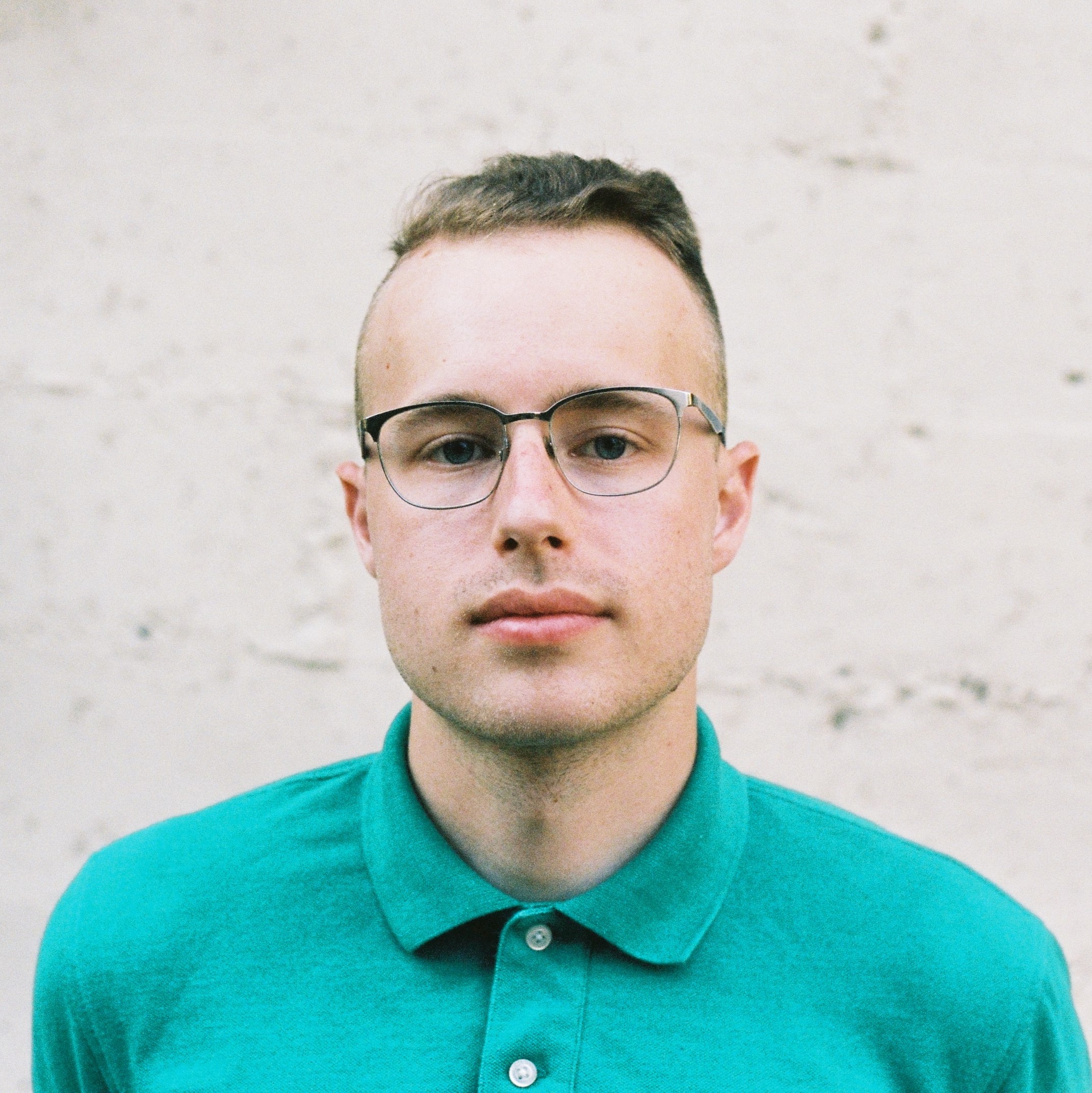
Luke is interested in solving problems in celestial mechanics using Hamiltonian dynamical systems theory. Joining CSML in Fall 2019, Luke is currently working on utilizing normal form theory to give an analog to two-body orbital elements for three- and N-body problems. In this framework, many astrodynamics problems are greatly simplified. In addition, Luke is a composer and drummer, and performs regularly in Minnesota, his home state. Luke also loves contemporary art, movies, cooking--especially pizza--for friends, hiking, and reading.
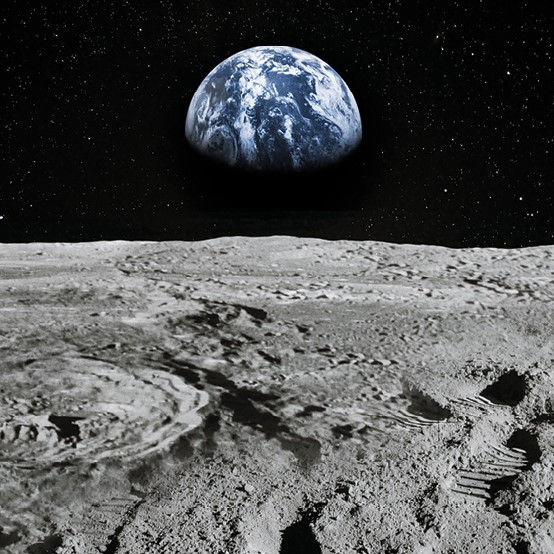
Gavin’s research focuses on the N-body problem and the dynamical systems environment around asteroids. He is from Reston, Virginia and earned both his bachelor’s degree and master’s degree in aerospace engineering from Virginia Tech.
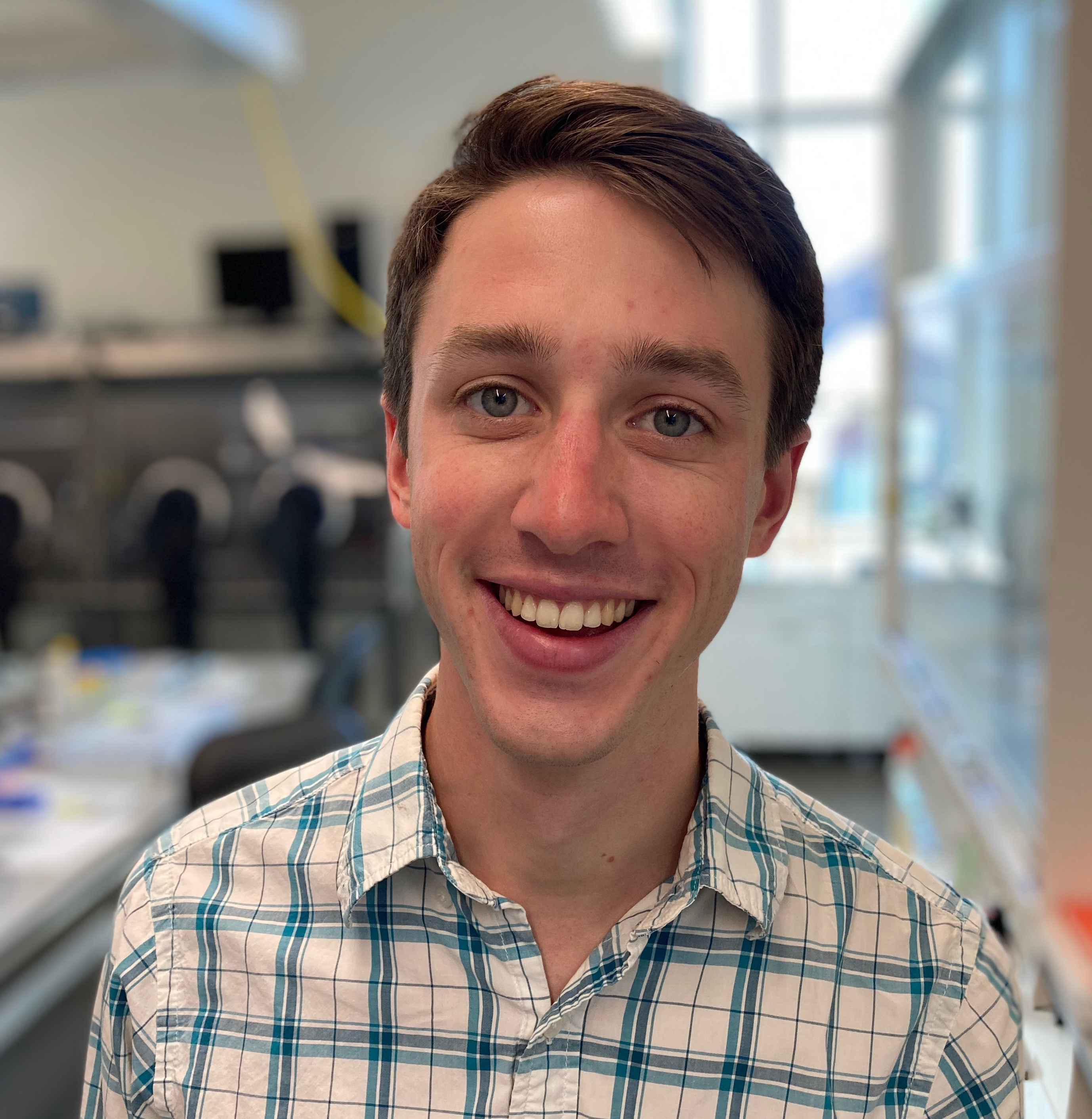
Alex is originally from Green Bay, Wisconsin and did his undergrad at UW Madison. He is a huge Packers fan, and he also enjoys building LEGO, practicing Tae-Kwon-Do, and jamming on piano. His research interests mainly focus on the dynamics of binary asteroid systems. He is currently involved in the DART and Janus missions.
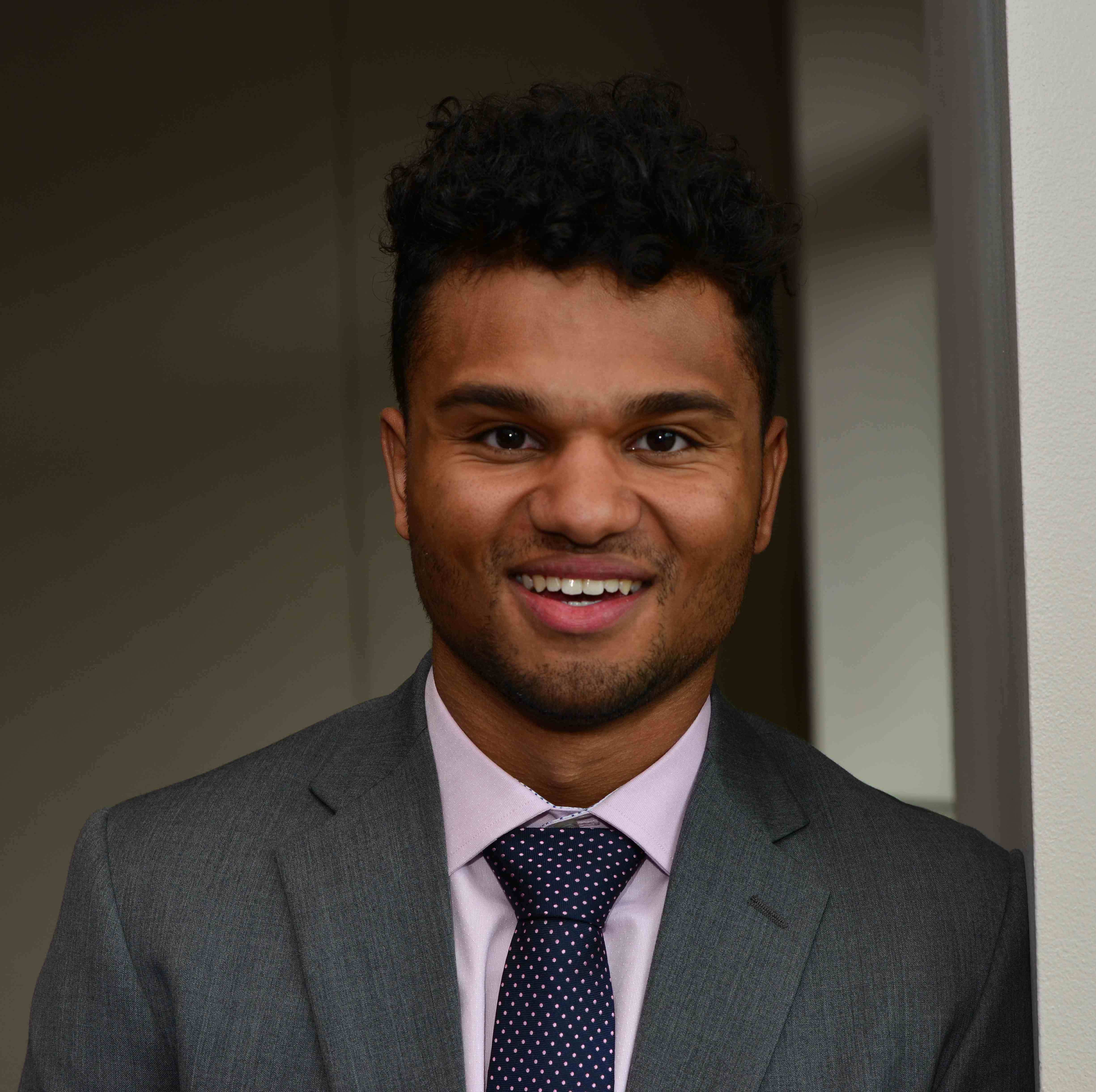
Damennick Henry is a NASA space technology research fellow who joined CSML in 2018 after graduating from the University of Minnesota with a Bachelors of Electrical Engineering. His research focuses on leveraging quasi-periodic invariant tori for mission design. Outside of his PhD work, Damennick enjoys backpacking, finding new music and anxiously waiting for a future gopher football championship.
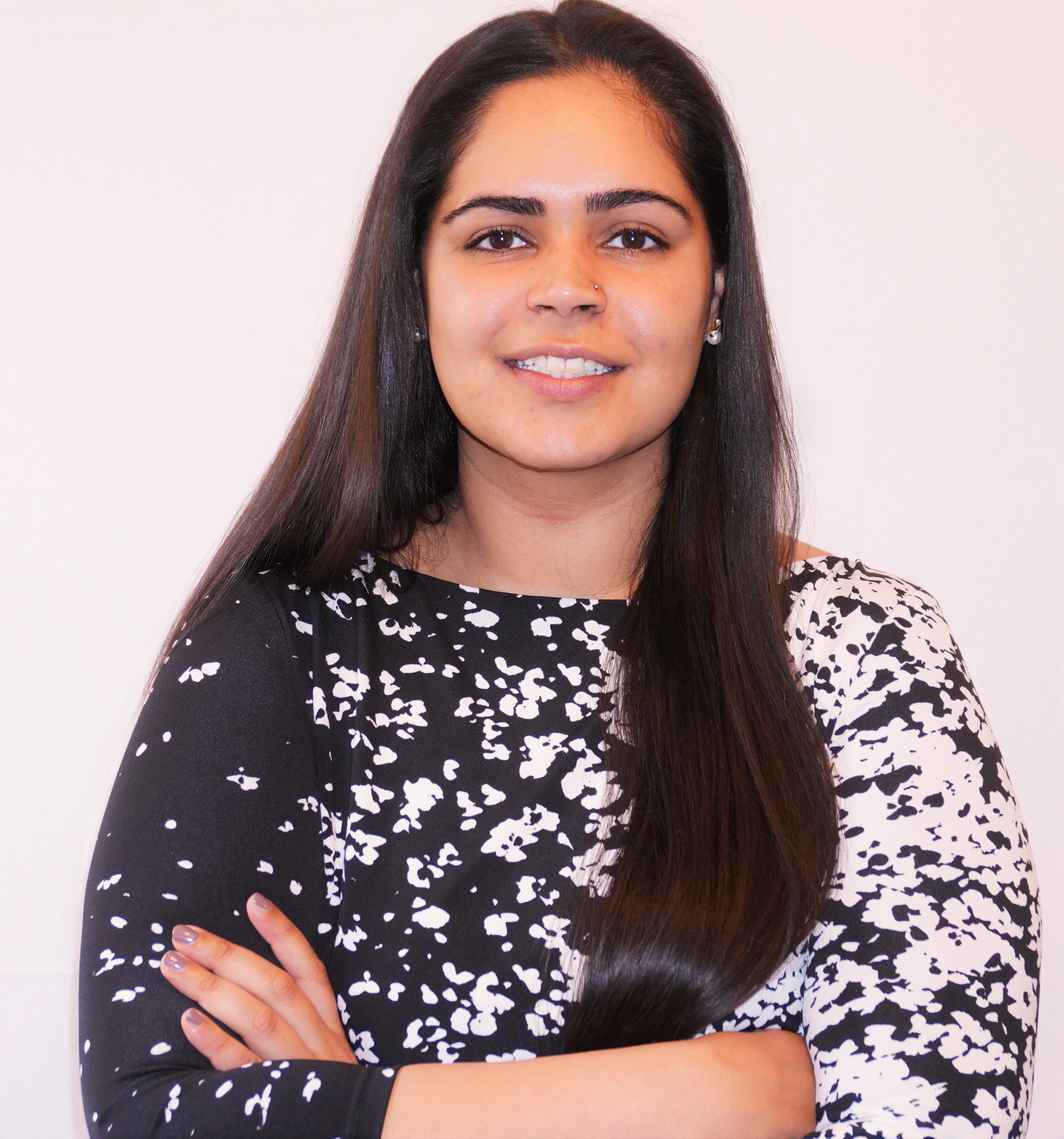
Yashica’s research with CSML is focused on modelling dynamical uncertainty of objects in space and propagating this uncertainty over time to inform mission design. She grew up in India, received her B.S. in Aerospace Engineering from Embry-Riddle Aeronautical University in Prescott, Arizona in May 2018, and her M.S. from CU Boulder in 2018. Outside of work, she enjoys reading, painting, hiking, and travelling.
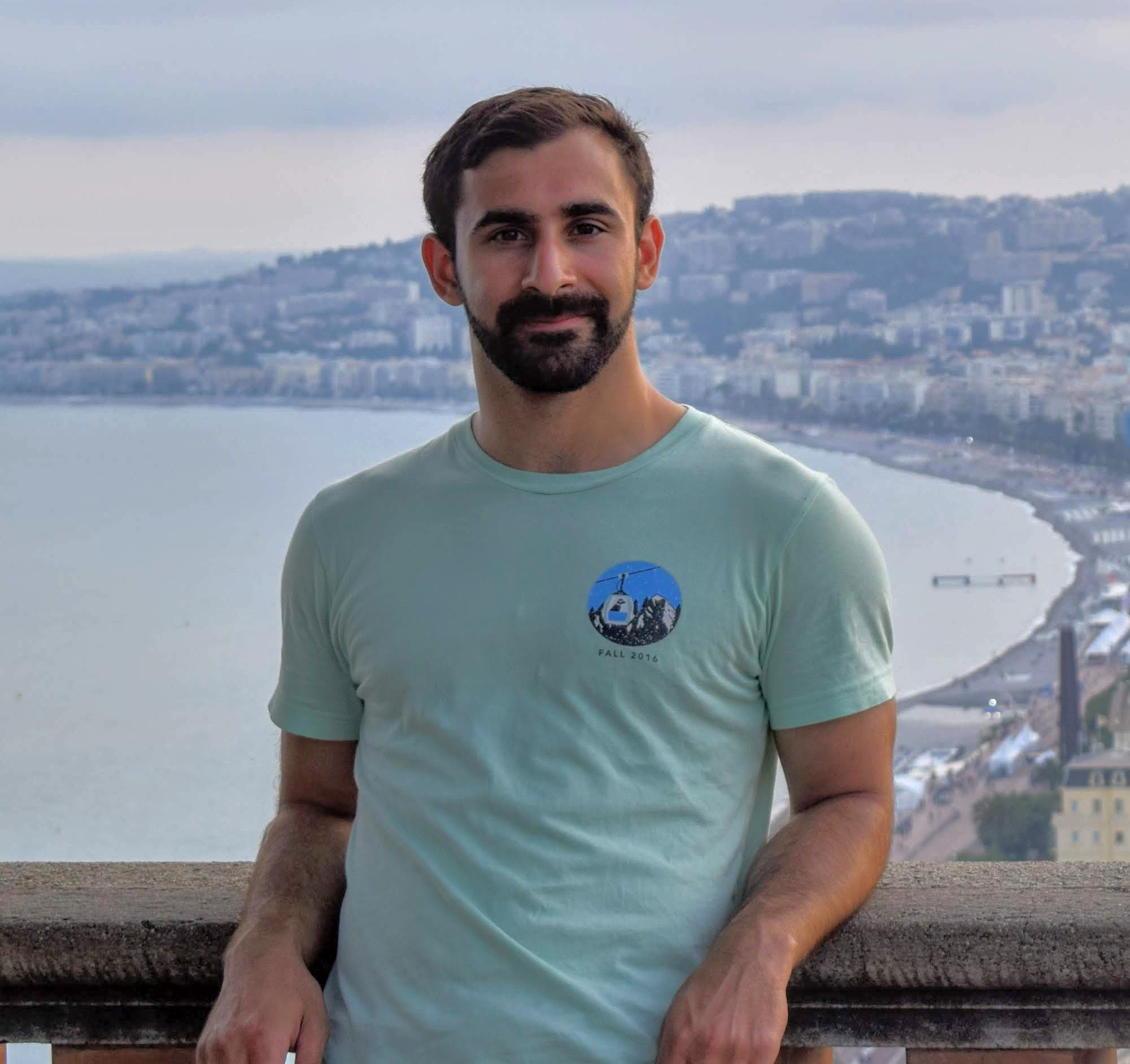
Jesse grew up outside of Boston Massacusetts and went on to complete his undergraduate studies in mechanical engineering at Rensselaer Polytechnic Institute. He then came to CU Boulder to persue his passion for space systems. His research interest is in guidance, navigation, and control of spacecraft in the cislunar region. Outside of research he enjoys almost any outdoor activity but mainly skis, bikes, and climbs. He also enjoys keeping up with long distance friends through online gaming as well.
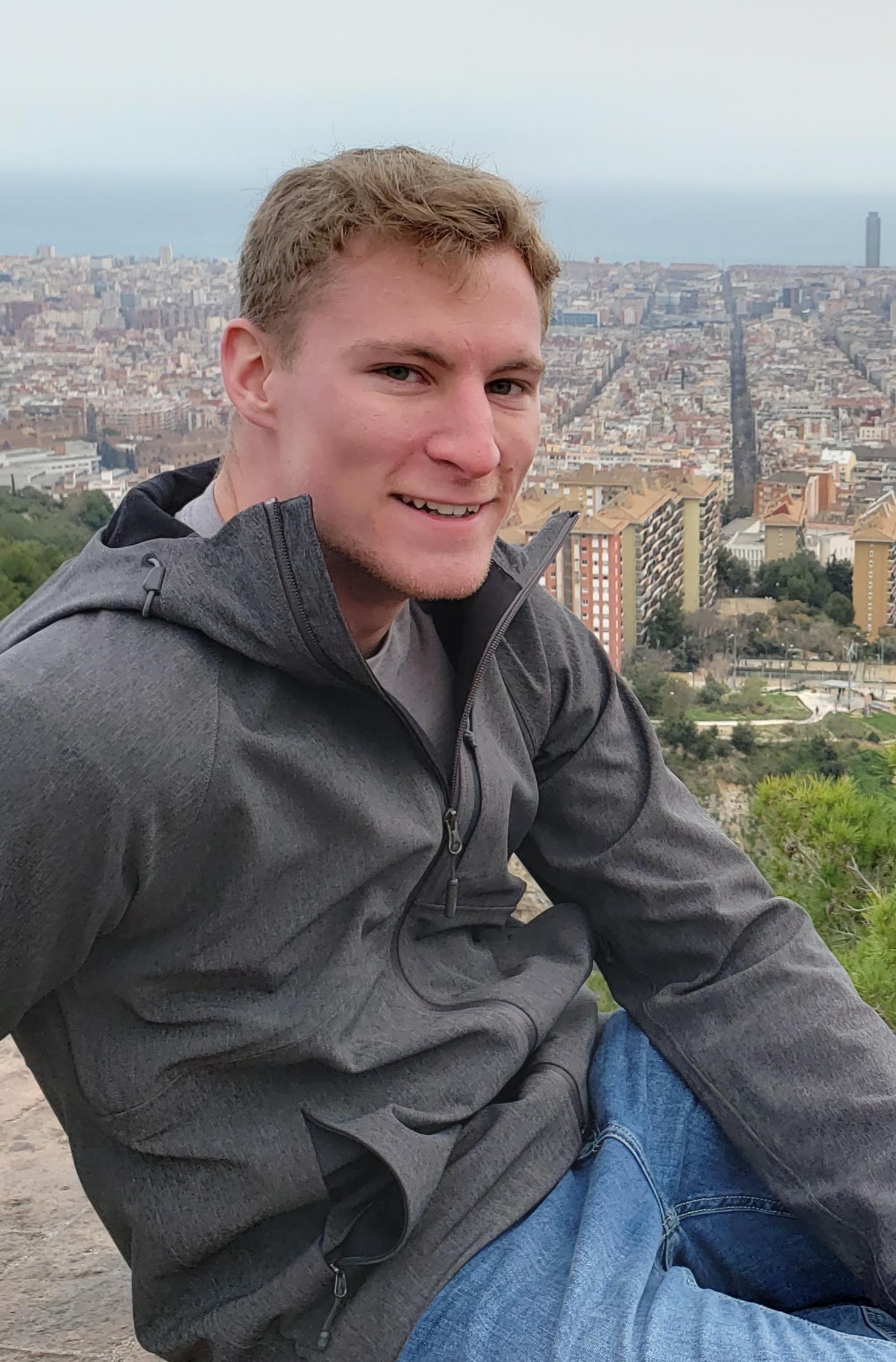
David grew up in Raytown, Missouri just outside Kansas City. He went to Missouri University of Science and Technology for undergrad to obtain a BS in Applied Mathematics and is now using those mathematical skills to study quasi-periodic orbits in the circular restricted three-body problem. His goal is to create tools to allow for trajectory design of these orbits. In his free time he likes doing pretty much anything active outside including hiking, downhill mountain biking, volleyball, and BMX racing.
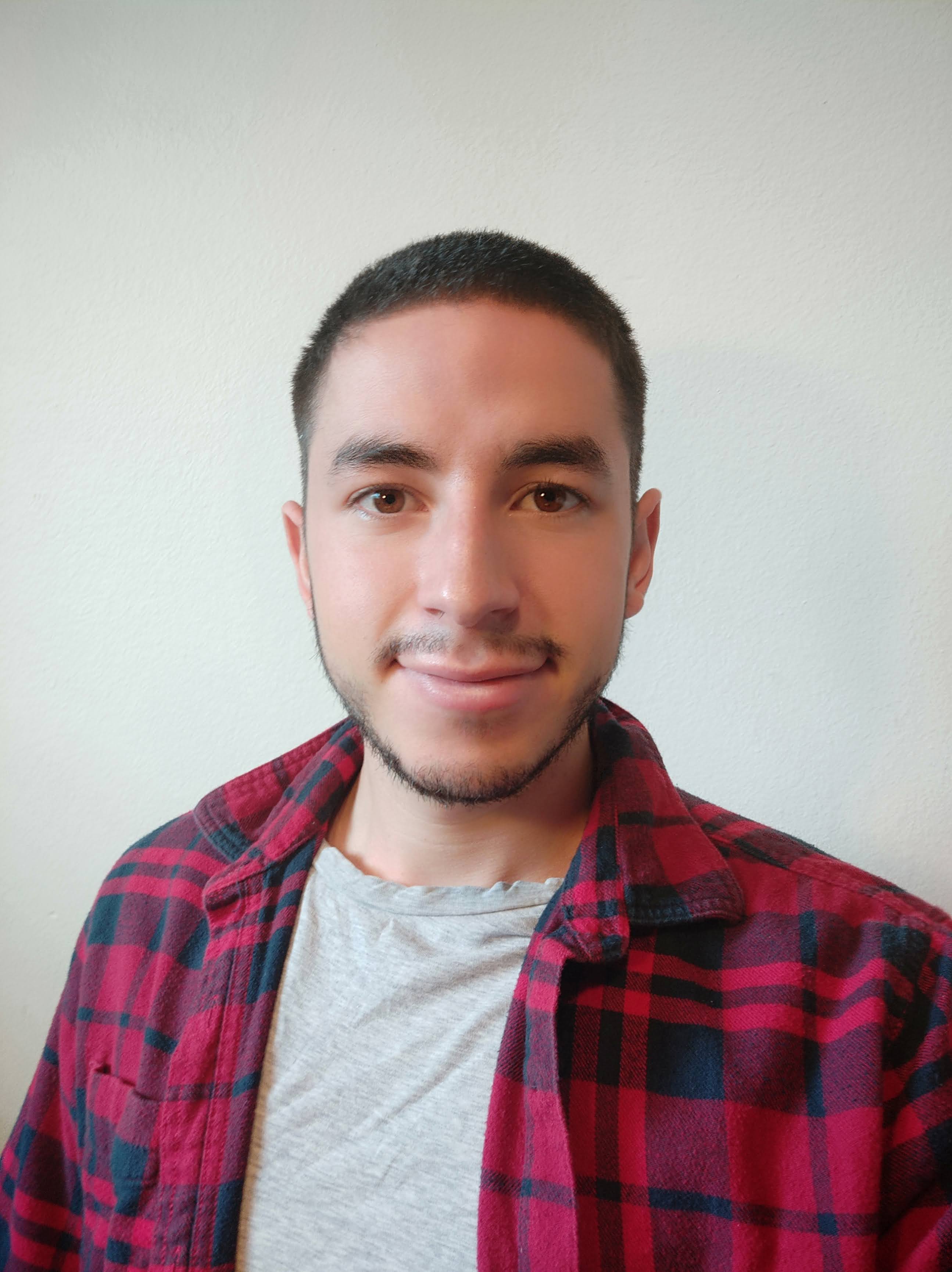
Oscar was born in Barcelona and graduated with a BS in Aerospace Engineering from Universitat Politecnica de Catalunya in 2017. He obtained his MS in Aerospace Engineering at CU Boulder in 2019 while recipient of the Balsells Fellowship. Research interests are astrodynamics, near-Earth objects, planetary science and planetary defense. In Oscar’s free time he enjoys meeting with friends, playing sports such as basketball or soccer, running, travelling or reading.
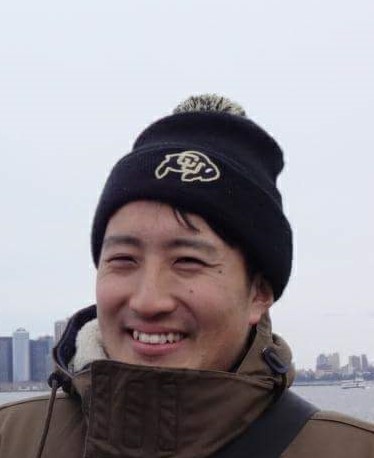
Ryotaro (Rio) obtained his PhD while a Japan Air Defense Force (JASDF) fellow remotely working from Tokyo. His research interests include astrodynamics, rotational dynamics of space objects with structural approaches. He currently works in the Space Division in the JASDF and has a status as JAXA visiting scholar.
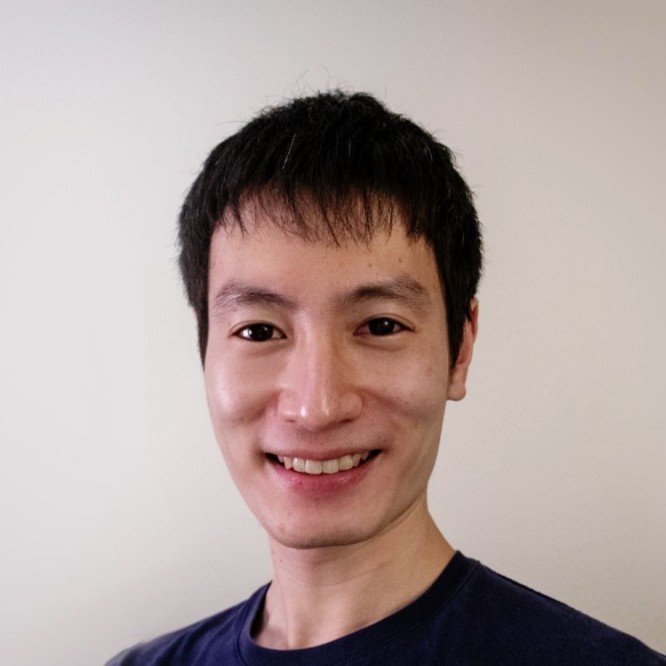
Shota’s PhD research focused on the autonomous exploration of small near-Earth asteroids and includes stable orbit design, autonomous navigation with optical measurements, and guidance algorithm design based on reinforcement learning. Prior to joining CSML, Shota attended Keio University in Tokyo, Japan for B.S., during which he had worked on mission analysis at ISAS/JAXA.
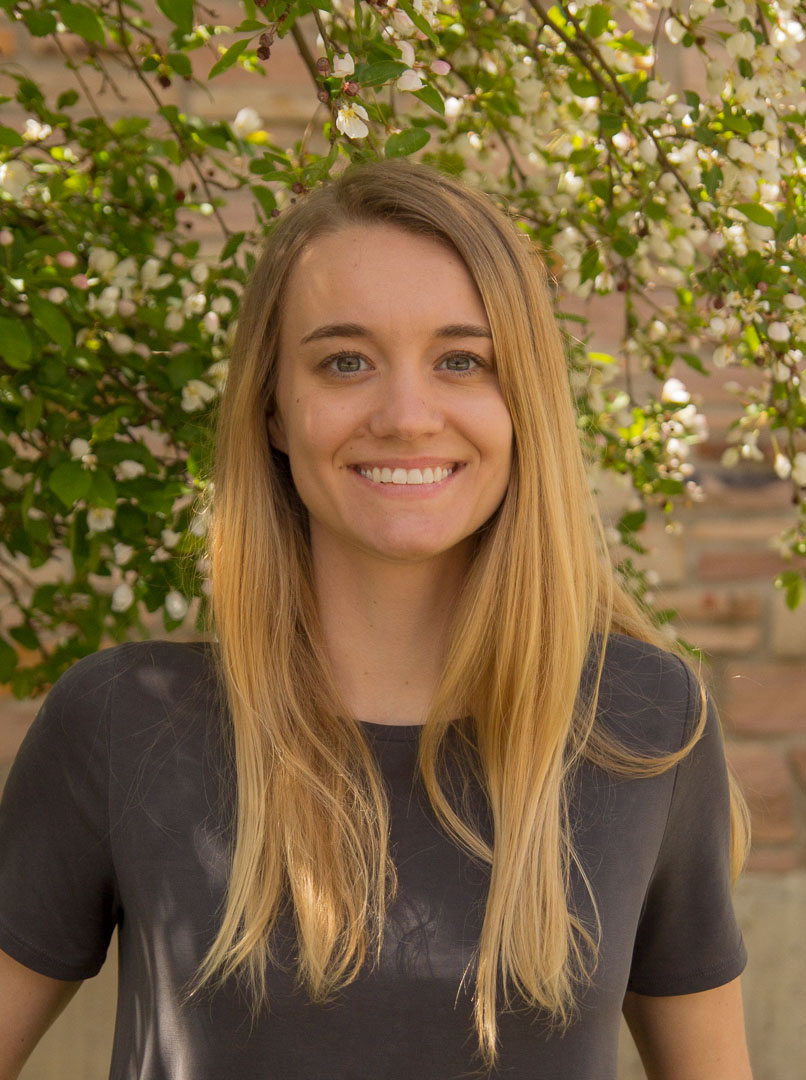
Erica's research interests include stochastic optimal control, trajectory optimization, and spacecraft GN&C. She is from Pensacola, FL and enjoys skiing and rock climbing in her free time. Erica is a former NASA Space Technology Research Fellow.
Department of Aerospace Engineering Sciences, University of Colorado
Defended December 2021
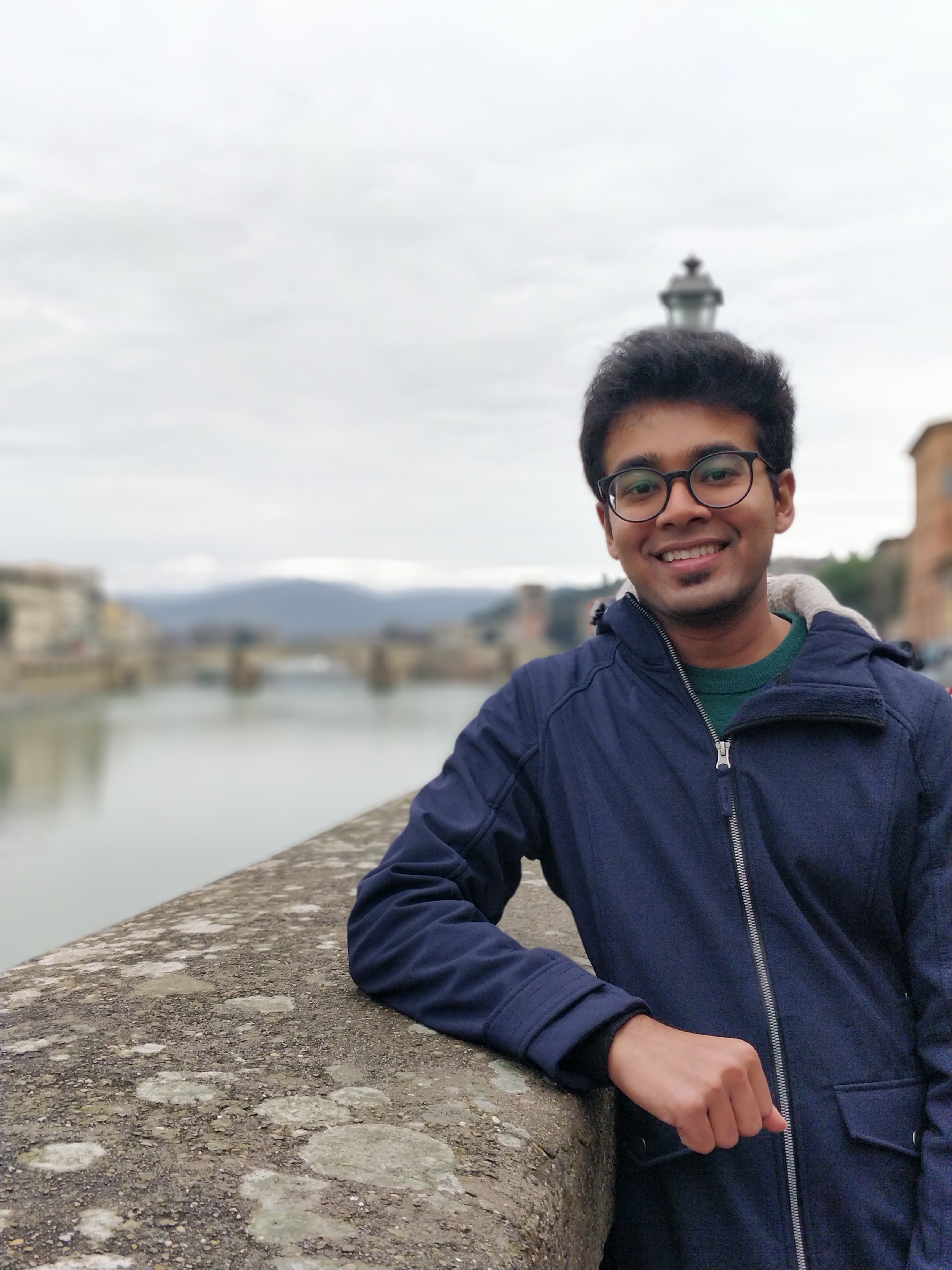
Vishal’s research is on modeling of atmospheric drag effects on satellite orbits to improve orbit prediction of satellites around Earth and other planetary atmospheres as well as extracting atmospheric density information from tracking data, funded by NASA’s FINESST grant. His hometown is Agartala, in north-Eastern India, but he spent his childhood in different parts of the country. When not working, you can find him exploring the wonders of night sky with his telescope, hiking or tending to his plants.
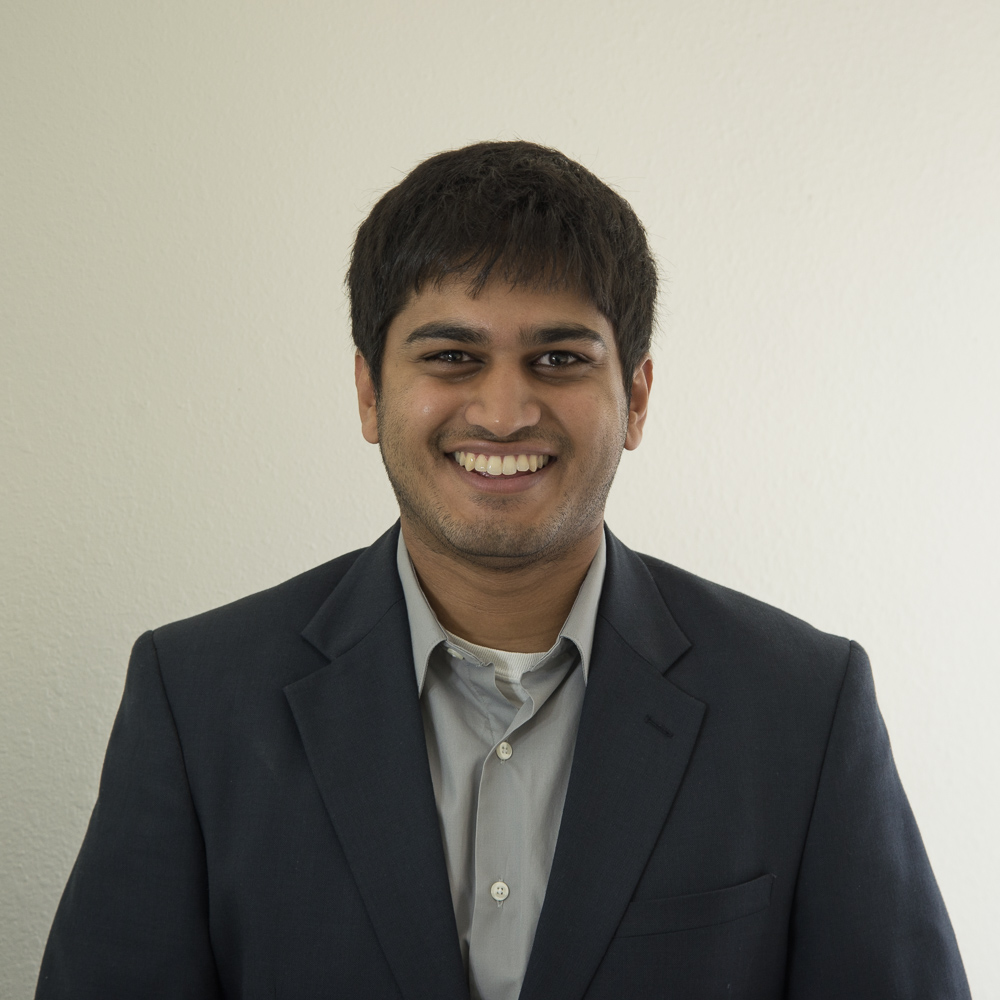
CK is from Chantilly, Virginia and is supported by a NASA space technology research fellowship. He holds bachelor’s degrees in aerospace engineering and physics from the University of Virginia and a master’s degree in aerospace engineering sciences from the University of Colorado Boulder. His research interests include spacecraft trajectory optimization, multi-agent coordination, differential games, and mission design & formulation.
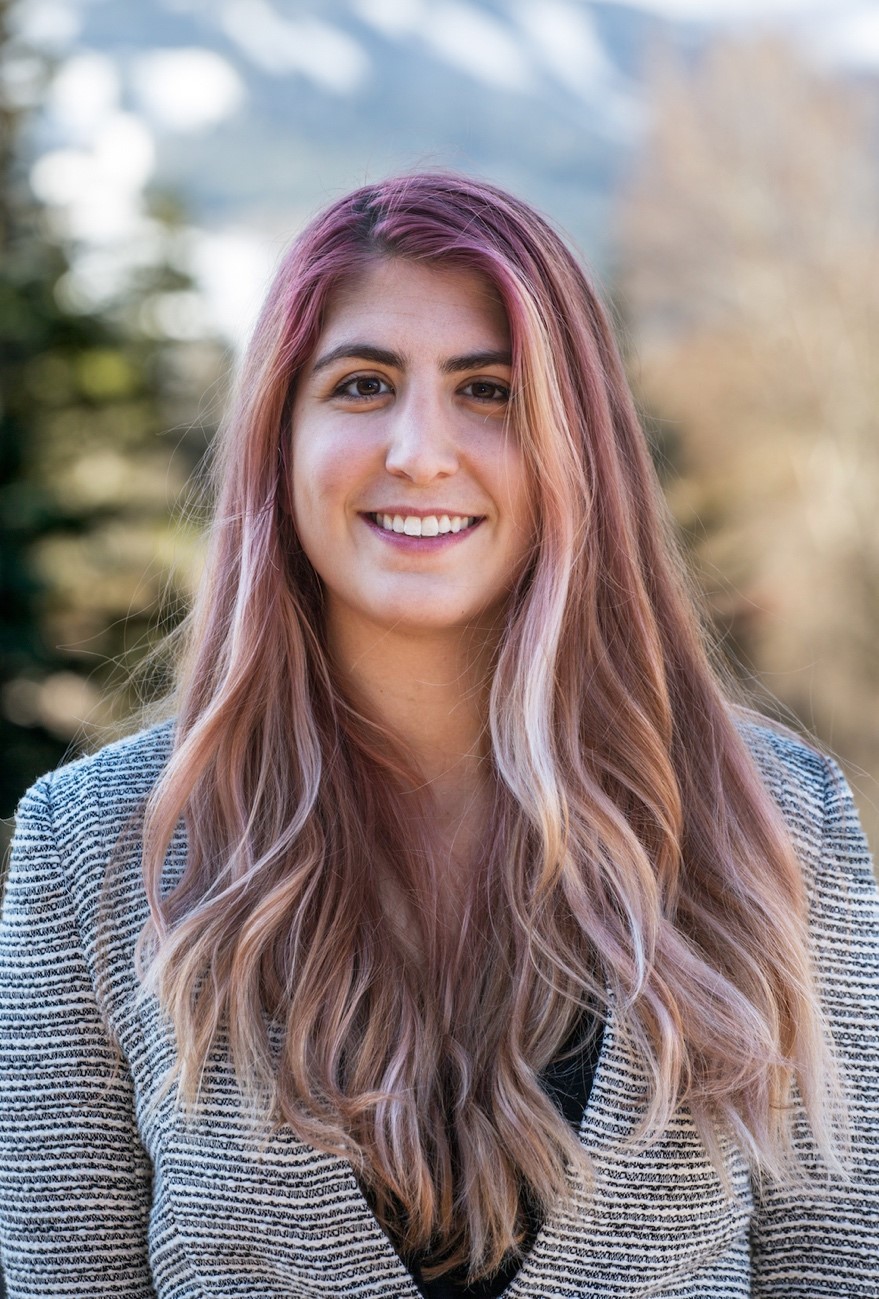
Marielle is from South Florida. She loves to read and hike. She earned her PhD studying debris mitigation at high altitudes. She starts at Odyssey Space Research in October working on cislunar dynamics.
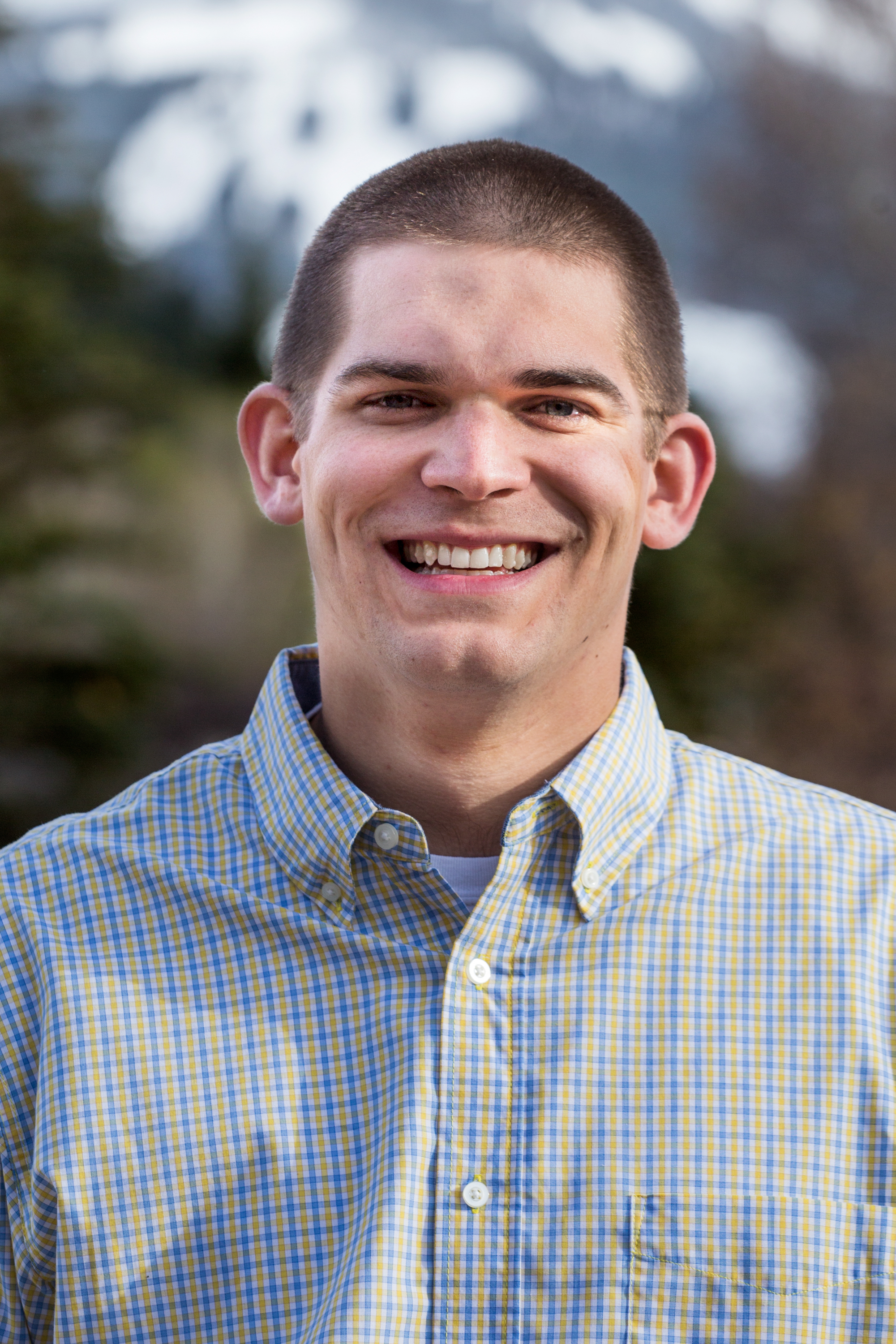
Conor’s research interests include small body rotational dynamics and attitude estimation. In addition to dynamical modeling, he collects and analyzes light curve and radar observations of retired satellites and asteroids to better understand their spin state evolution. Outside of research, he enjoys mountain biking, music, and road trips.
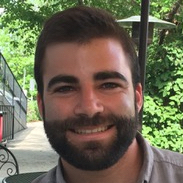
Alex is a Systems Engineer at JPL where he supports mission concept development and proposals. His PhD focused on dynamical modeling of the full two-body problem and binary asteroid systems with applications to asteroid evolution, parameter estimation, and in-situ spacecraft investigation.
Department of Aerospace Engineering Sciences, University of Colorado
Defended November 2018
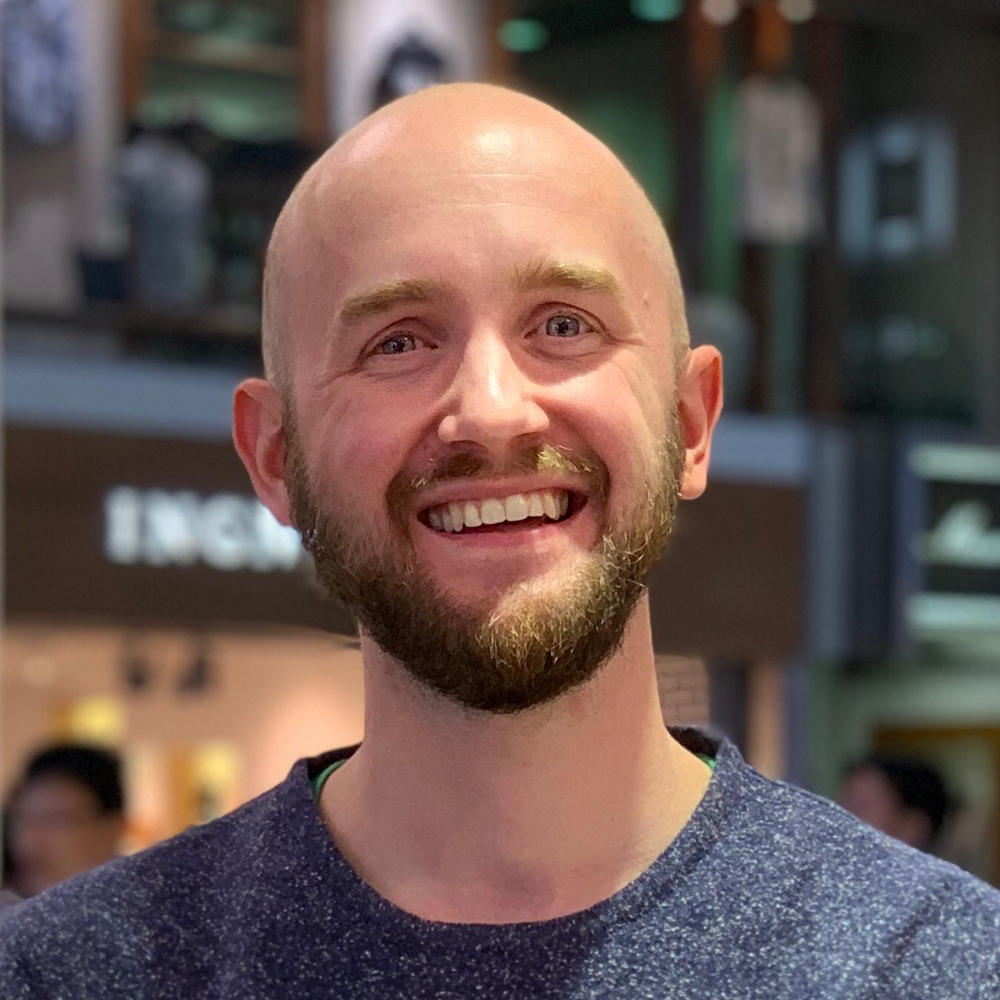
Stefaan is a systems engineer helping to design Europe's first generation of deep-space CubeSats for asteroid exploration. He holds bachelor’s and master’s degrees from Delft Technical University and completed his PhD at CU Boulder in 2018, with a research focus on the deployment of small landers to asteroids and comets. He previously helped plan the deployment of the MINERVA-II rovers that explored the surface of asteroid Ryugu as part of JAXA's Hayabusa2 mission. In his free time, Stefaan enjoys hiking, backpacking, and skiing.

Nathan is the Optimization Lead at Advanced Space, LLC. There, he works on a variety of mission design, navigation, and artificial intelligence projects. These include innovative missions to Venus, Mars, the Moon, and Earth orbit. He has also lead Phase I, II, & III NASA SBIR contracts to develop new technologies.
Department of Aerospace Engineering Sciences, University of Colorado
Defended March 2018
Department of Aerospace Engineering Sciences, University of Colorado
Defended March 2018
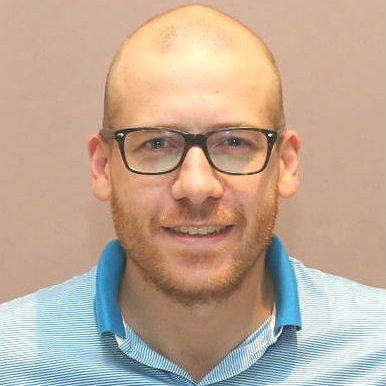
Following graduation, Nicola joined the Japanese Aerospace eXploration Agency (JAXA) working on real-life space missions to the Moon and Phobos. He later joined the University of Surrey first as a Surrey Research Fellow and later as a Lecturer in Orbital Mechanics, researching on numerical continuation methods and the qualitative analysis of complex dynamical environments such as the vicinity of asteroids and planetary moons.
Department of Aerospace Engineering Sciences, University of Colorado
Defended August 2016
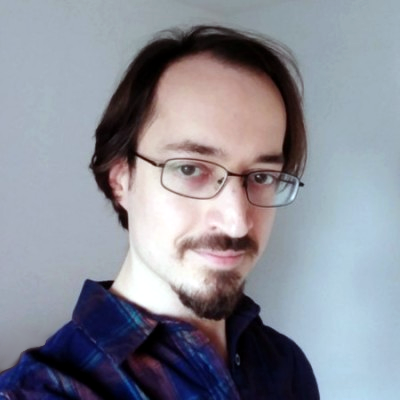
After completing his Bachelor's in Aerospace Engineering at Texas A&M, near his hometown, David followed-up with an aero PhD at CU Boulder. His robotics-adjacent thesis topic led him toward research in control and trajectory planning for robot locomotion via machine learning approaches, which he has pursued as a postdoctoral researcher first at Rutgers University and now the University of Oxford.
Department of Aerospace Engineering Sciences, University of Colorado
Defended July 2016
Department of Aerospace Engineering Sciences, University of Colorado
Defended November 2015
Department of Aerospace Engineering Sciences, University of Colorado
Defended October 2015
Department of Aerospace Engineering Sciences, University of Colorado
Defended October 2015
Department of Aerospace Engineering Sciences, University of Colorado
Defended August 2014
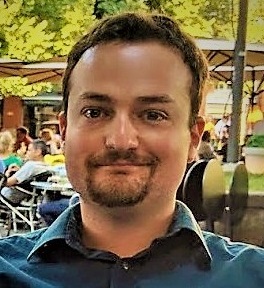
Simon received his M.S. in Aerospace Engineering from Supaero (Toulouse, France) in 2010. Under supervision of Dr. Scheeres, he received a PhD in Aerospace Engineering Sciences from the University of Colorado Boulder in 2014, on the topic of the deployment of landers to asteroid surfaces. Since June 2017 he has been working at CNES (Centre National d'Etudes Spatiales) in Toulouse in mission design and analysis. For the last few years, he has been mostly working on then the rover planned for the MMX mission (JAXA, launch in 2024), on the topics of mission analysis, science and autonomous navigation.
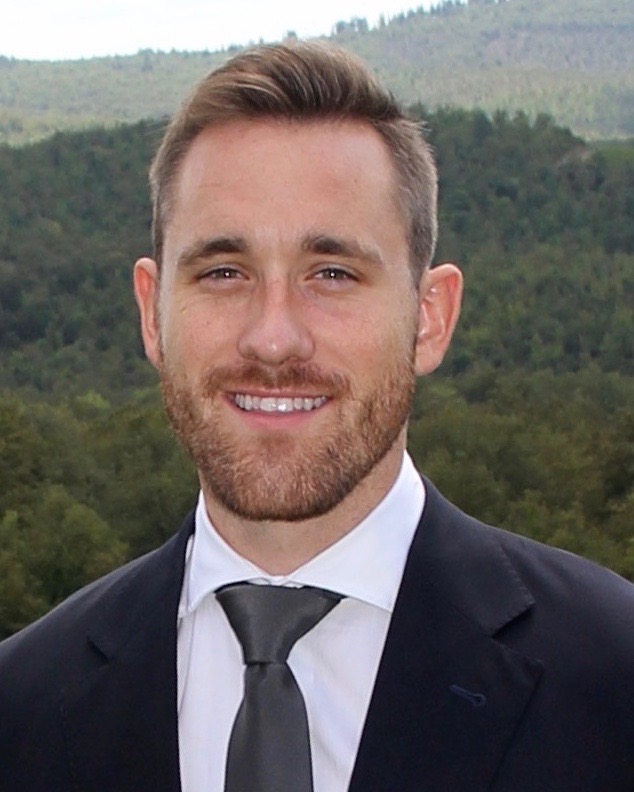
Dr. Rosengren served an Assistant Professor in the College of Engineering and of the Interdisciplinary Graduate Program in Applied Mathematics at the University of Arizona for over three years, before joining the Department of Mechanical and Aerospace Engineering at UC San Diego in July 2020. He worked at the Aristotle University of Thessaloniki in Greece in the Department of Physics, and served as a member of the EU Asteroid and Space Debris Network, Stardust, working for two years at the Italian National Research Council. He held visiting researcher positions at the University of New South Wales, Canberra in Australia, the Asher Space Research Institute at Technion in Israel, the University of Rome Tor Vergata in Italy, and the Belgrade Astronomical Observatory in Serbia.
Yu Takahashi hails from Tokyo, Japan. He graduated with a B.S. from Embry-Riddle Aeronautical University (Prescott campus) in 2007 and with a PhD from the University of Colorado at Boulder in 2013. He joined JPL's Mission Design and Navigation section in 2013. Since then, he has worked on several missions including Dawn, OSIRIS-REx, and Juno. He's currently the orbit determination lead for Juno. He enjoys running, playing soccer, and brewing beer.
Department of Aerospace Engineering Sciences, University of Colorado
Defended May 2013
Department of Aerospace Engineering Sciences, University of Colorado
Defended April 2013
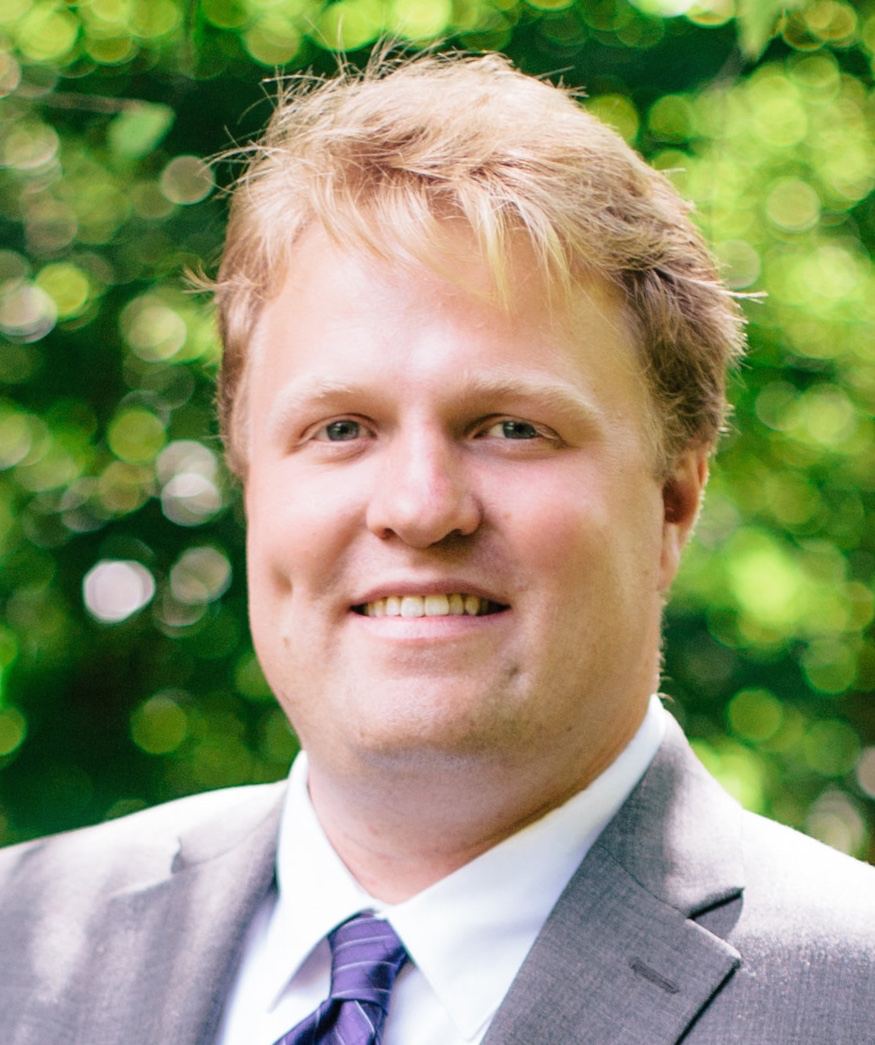
Seth A. Jacobson is an assistant Professor at Michigan State University leading the Planetary Makerspace. His students and he are planetary scientists who study the planets, moons, asteroids, and comets of the Solar System as well as other planetary systems with computational tools from the fields of celestial mechanics, geophysics, and geochemistry. Their science is driven by the big questions: Where did we come from? What else is out there? and, How unique is our history?
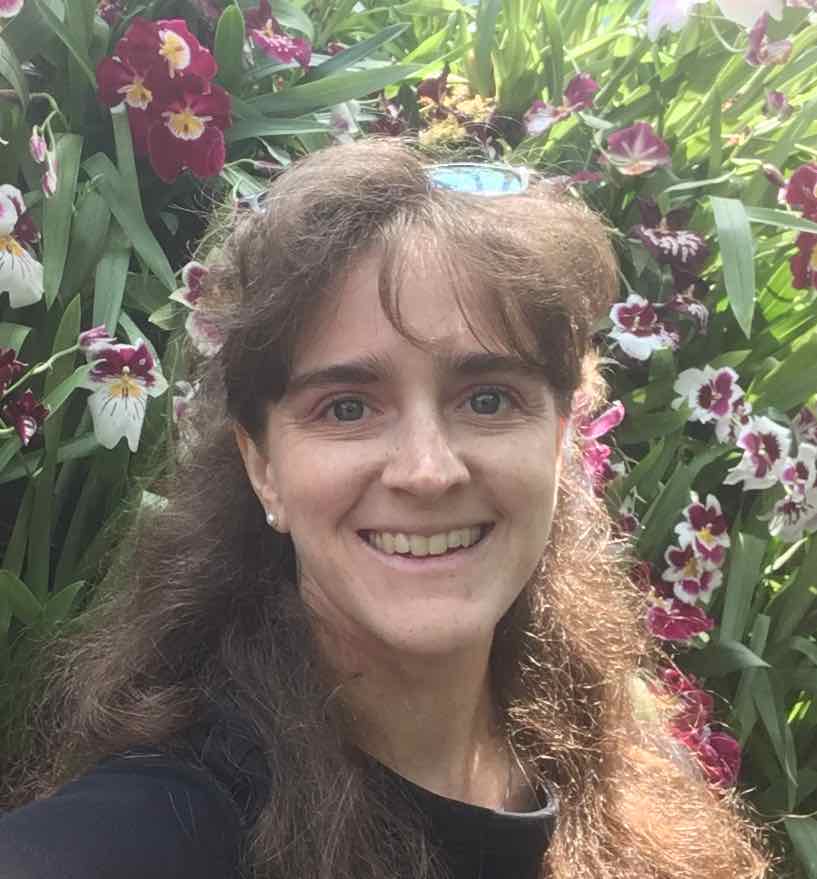
Christine Hartzell is an Associate Professor in the Department of Aerospace Engineering at the University of Maryland. Her research focuses on the behavior of grains dominated by non-gravitational forces, with an emphasis on the evolution of asteroids and design of spacecraft. Asteroid 9319 was named “Hartzell” in recognition of her contributions to the field of asteroid science. Dr. Hartzell is involved with the OSIRIS-REx asteroid sampling mission and the Janus (binary asteroid flyby) mission. In 2020, she was awarded an Early Career Award by NASA's Planetary Science Division. Prior to joining the faculty at UMD in 2014, Dr. Hartzell was a Keck Institute for Space Studies Postdoctoral Fellow at Caltech. She completed her PhD in Aerospace Engineering at the University of Colorado at Boulder and received her B.S. in Aerospace Engineering from Georgia Tech.
Department of Aerospace Engineering Sciences, University of Colorado
Defended June 2011, NESSF Fellow
Department of Aerospace Engineering Sciences, University of Colorado
Defended April 2011
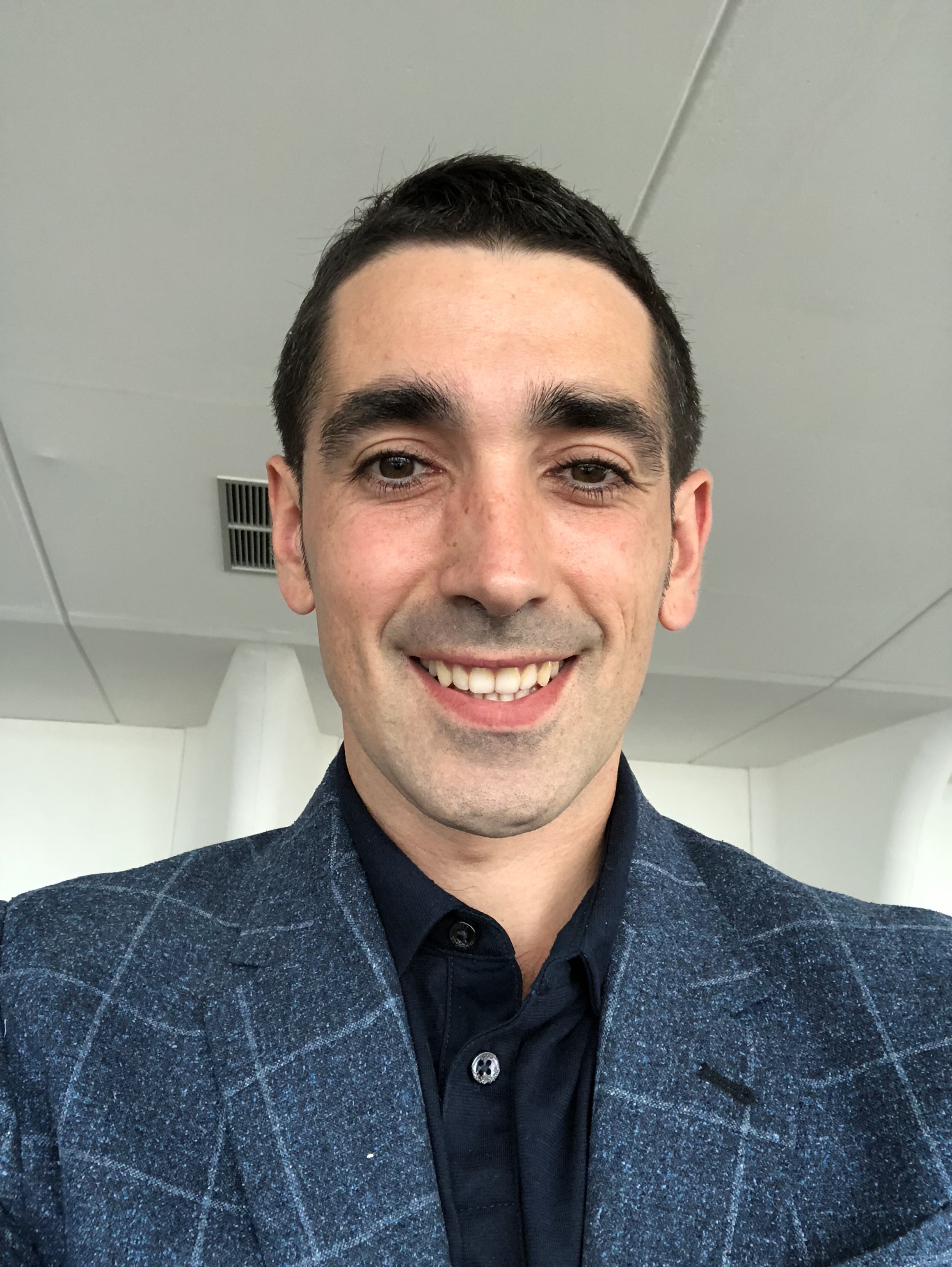
Oier is from San Sebastian, Spain, where he currently resides. After finishing his PhD in 2010 he continued to work with nanosatellites and drones. In 2016, he founded Alerion, a start-up developing autonomous drone and data analytics technology.
Department of Aerospace Engineering, University of Michigan
Defended September 2010, NSF Fellow
Department of Aerospace Engineering Sciences, University of Colorado
Defended June 2010
Department of Aerospace Engineering, University of Michigan
Defended May 2010
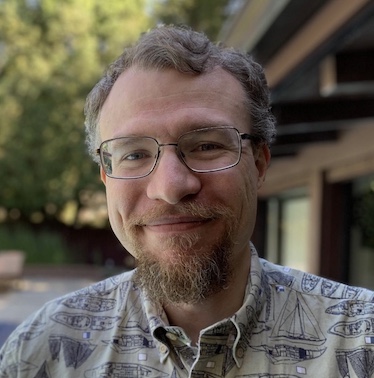
Gene Fahnestock is a navigation engineer in the Solar System Dynamics group at the Jet Propulsion Laboratory. He is currently supporting gravity field / dynamical model determination through processing of spacecraft tracking and other datatypes; and leading the Ejecta Working Group of the DART Investigation Team. Originally from southern-central Pennsylvania, Gene earned his B.S. in Aeronautical and Astronautical Engineering from the Ohio State University and then his M.S.E. and PhD in Aerospace Engineering from the University of Michigan. He also gained a diversity of science- and engineering-related professional experience before and during his graduate studies, prior to his arrival at JPL. His past and present research interests include: coupled orbital dynamics and rotational dynamics of multiple body systems in space, e.g. binary asteroids; variational integrators and advanced numerical simulation with parallel computing; spacecraft proximity operations in complex / irregular gravity fields, e.g. about asteroids and comets; and dynamical model and gravity field determination and analysis.
Department of Aerospace Engineering, University of Michigan
Defended November 2008
Department of Aerospace Engineering, University of Michigan
Defended June 2008, NASA GSRP Fellow
Department of Aerospace Engineering, University of Michigan
Defended April 2008, Canadian NSERC Fellow
Department of Applied Mathematics, University of Michigan
Defended January 2008
Dr. Ryan Park is the supervisor of the Solar System Dynamics (SSD) group at the NASA Jet Propulsion Laboratory (JPL), responsible for maintaining and improving JPL’s ephemeris database, which includes planets, natural satellites, asteroids, and comets, as well as their associated physical parameters, such as gravity field. Dr. Park has been involved in numerous NASA missions and studies, including Dawn Gravity Science Lead at Ceres, Juno Gravity Science Lead, Psyche Deputy Gravity Science Lead, Europa Clipper Gravity Science Co-I, and GRAIL Gravity Science team member, and Principal Investigator of the Advanced Pointing Imaging Camera (APIC) and Project Manager of Center for Near-Earth Object Studies (CNEOS). His research focuses on gravity/radio science, ephemeris development, shape determination, and planetary science. He is also an Adjunct Professor at the University of Southern California and an Associate Editor of the Journal of Geophysical Research – Planets and the Journal of the Astronautical Sciences.
Department of Aerospace Engineering, University of Michigan
Defended October 2006, François-Xavier Bagnoud Fellow
Department of Aerospace Engineering, University of Michigan
Defended September 2006
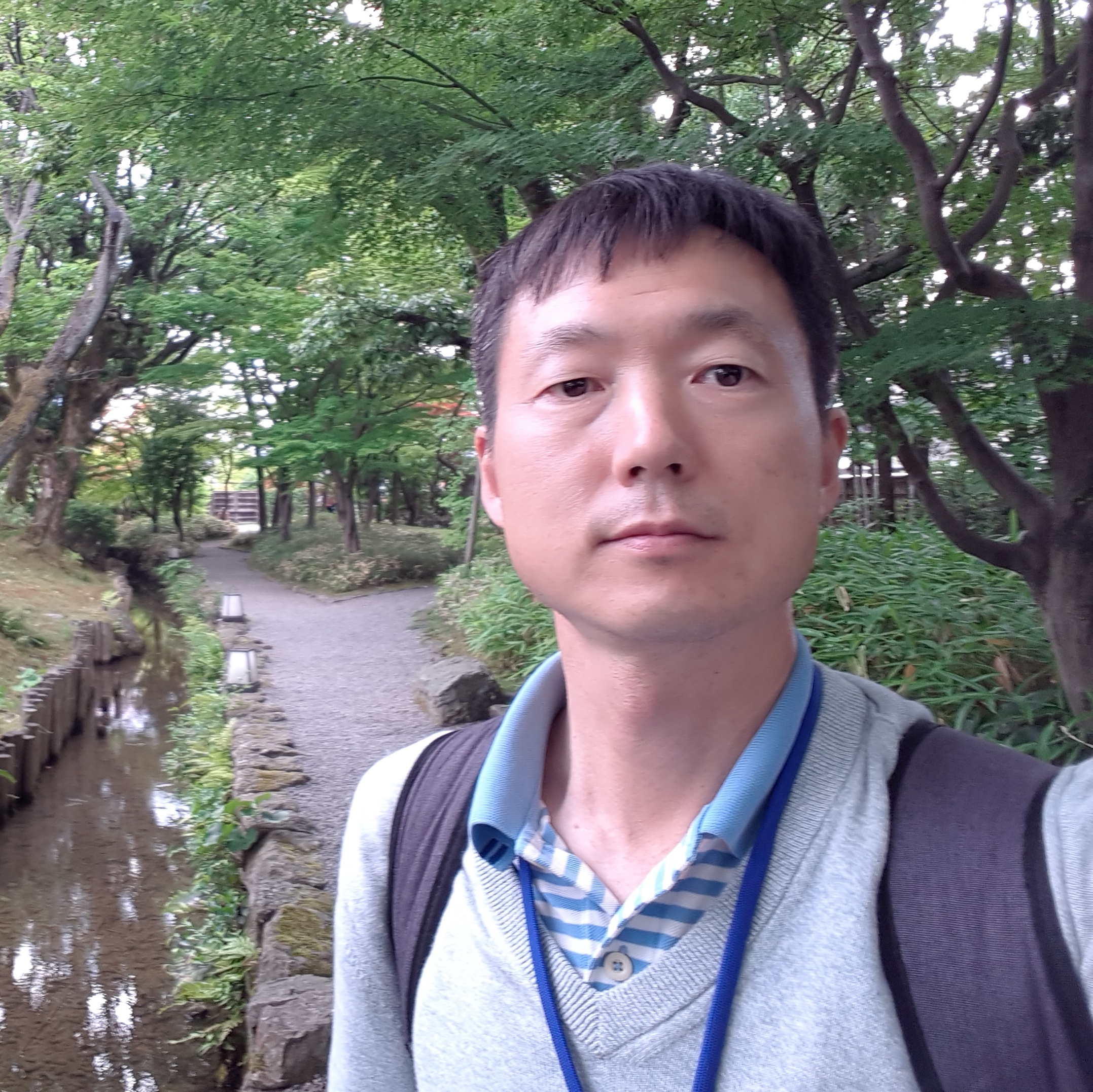
Chan Park has been a Professor with Dept. of Astronomy, Yonsei Univ. at Seoul, Korea since March 2011. He obtained his B.S. from Seoul National Univ. in 1996, his M.S. from Georgia Tech in 2002, and his PhD from Univ. of Michigan at Ann Arbor in 2006. His research area lies in spacecraft trajectory design/optimization and navigation/control of space vehicles. Recently he is mainly working on POD of navigation satellites, coupled orbit-attitude control near asteroids, global trajectory design/optimization for multi-body exploration in Solar System.
Department of Aerospace Engineering, University of Michigan
Defended February 2005
Department of Aerospace Engineering, University of Michigan
Defended September 2004
Department of Aerospace Engineering, University of Michigan
Defended April 2004
Department of Aerospace Engineering, University of Michigan
Defended July 2003, Rackham Pre-Doctoral Scholar
University of California - San Diego
Defended August 2002
Weiduo Hu is a professor in the school of astronautics at Beihang University, Beijing, China. He obtained his B.S. also at Beihang University in automatic control department. He teaches courses of Orbital Mechanics, Spacecraft Control, Linear Control System, etc. He published a book, Fundamental Spacecraft Dynamics and Control, by John Wiley and Sons, 2015. Now his research interest is asteroid gravity field modeling, calculation and its applications.
Department of Aerospace Engineering Sciences, University of Colorado
Defended Fall 2010
Department of Aerospace Engineering, University of Michigan
Defended Fall 2000
May 2024 – June 2024
January 2024 – August 2024
January 2024 – August 2024
August 2023 – August 2024
September 2023 – December 2023
April 2022 – November 2022
September 2021 – December 2021
November 2019 – November 2020
September 2019 – August 2020
July 2019 – January 2020
Oscar was born in Barcelona and graduated with a BS in Aerospace Engineering from Universitat Politecnica de Catalunya in 2017. He obtained his MS in Aerospace Engineering at CU Boulder in 2019 while recipient of the Balsells Fellowship. Research interests are astrodynamics, near-Earth objects, planetary science and planetary defense. In Oscar’s free time he enjoys meeting with friends, playing sports such as basketball or soccer, running, travelling or reading.
August 2016 – January 2017
November 2013 – August 2014, September 2016 - November 2016
September 2015 – August 2016
April 2015 – April 2016
April 2015 – April 2016
November 2012 – December 2015
January 2013 – December 2014
Stefaan is a systems engineer helping to design Europe's first generation of deep-space CubeSats for asteroid exploration. He holds bachelor’s and master’s degrees from Delft Technical University and completed his PhD at CU Boulder in 2018, with a research focus on the deployment of small landers to asteroids and comets. He previously helped plan the deployment of the MINERVA-II rovers that explored the surface of asteroid Ryugu as part of JAXA's Hayabusa2 mission. In his free time, Stefaan enjoys hiking, backpacking, and skiing.
September 2013 – December 2013
July 2013 – August 2013
January 2013 – July 2013
January 2013 – May 2013
July 2012 – September 2012
October 2011 – April 2012
June 2011 – August 2011
June 2011 – September 2011
March 2011 – May 2011
Simon received his M.S. in Aerospace Engineering from Supaero (Toulouse, France) in 2010. Under supervision of Dr. Scheeres, he received a PhD in Aerospace Engineering Sciences from the University of Colorado Boulder in 2014, on the topic of the deployment of landers to asteroid surfaces. Since June 2017 he has been working at CNES (Centre National d'Etudes Spatiales) in Toulouse in mission design and analysis. For the last few years, he has been mostly working on then the rover planned for the MMX mission (JAXA, launch in 2024), on the topics of mission analysis, science and autonomous navigation.
September 2007 – November 2007, September 2009 – November 2009
March 2009 – August 2009
September 2008 – March 2009
Yuichi Tsuda received his PhD degree in aeronautics and astronautics from University of Tokyo in 2003, and joined Institute of Space and Astronautical Science (ISAS), Japan Aerospace Exploration Agency(JAXA) in 2003 as a research associate. He became an associate professor in 2014, and a professor in 2020 of ISAS/JAXA. He was a visiting scholar of Dept. of Aerospace Engineering, University of Michigan and Dept. of Aerospace Engineering Sciences, University of Colorado Boulder in 2008-2009, where he worked with Prof. Dan Scheeres. He was the deputy lead of the IKAROS, the world’s first interplanetary solar sail technology demonstration mission in 2009-2013. Since 2015, he has been the project manager of Hayabusa2, the asteroid sample-return mission. Hayabusa2 successfully landed twice for sample collection, deployed four mobile rovers, and generated a large artificial crater on the surface of asteroid Ryugu, and then returned to Earth in December 2020 under his leadership. His research interests are astrodynamics, spacecraft system and deep space exploration.
September 2006 – November 2006, September 2008
July 2007 – August 2007, January 2020 – March 2020
May 2007 – August 2007
February 2007 – August 2007
November 2006 – May 2007
May 2001
October 1999 – October 2000
October 2014 – Current
May 2017 – August 2017
January 2025 –
January 2025 –
December 2021 – August 2022
August 2021 – April 2023
August 2016 – June 2017
January 2016 – January 2017
February 2016 – August 2016
September 2015 – April 2016
October 2014 - October 2015
June 2013 – August 2014
October 2008 – September 2014
July 2011 – March 2013
August 2012 – December 2012
August 2004 – June 2005